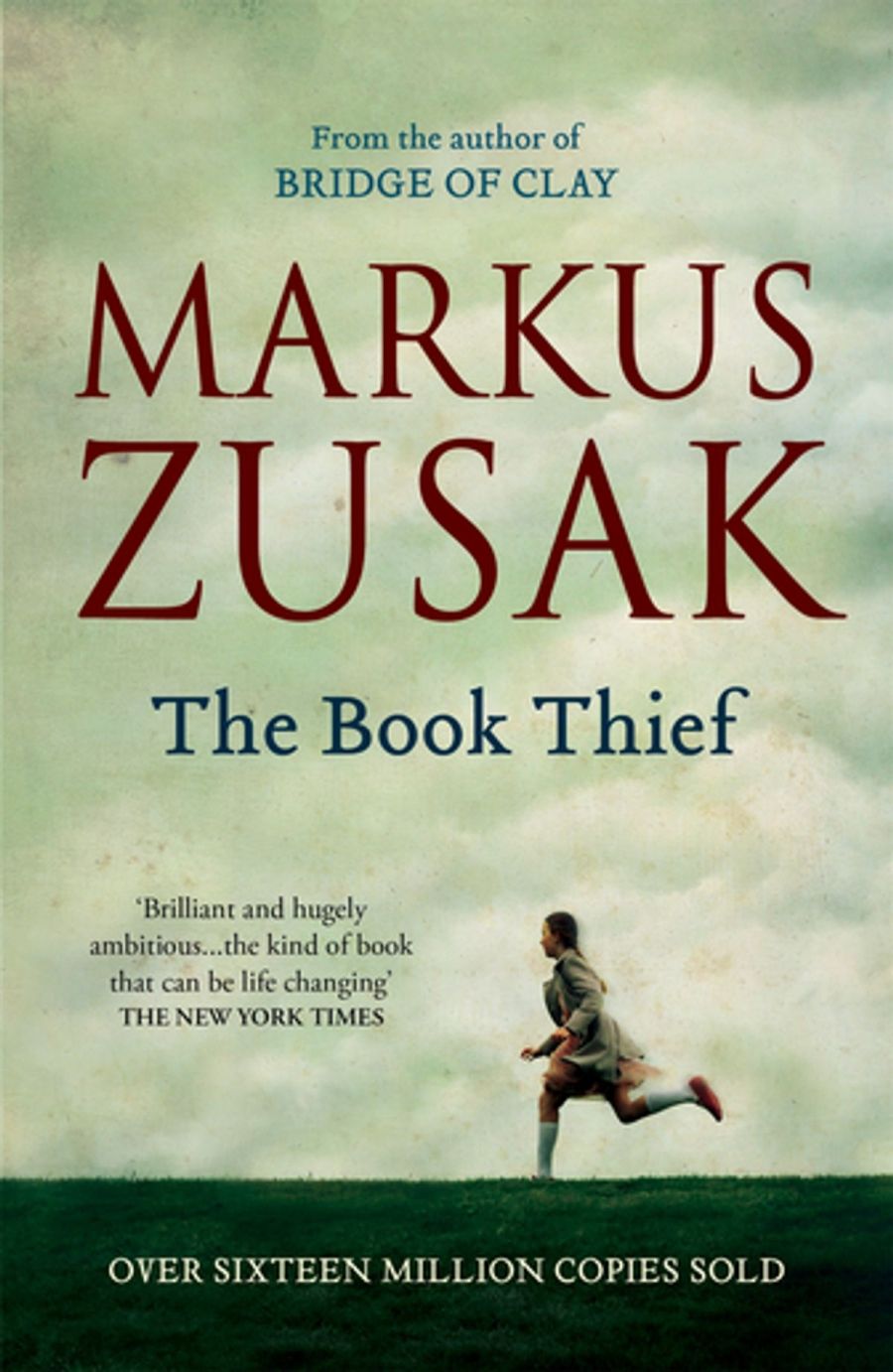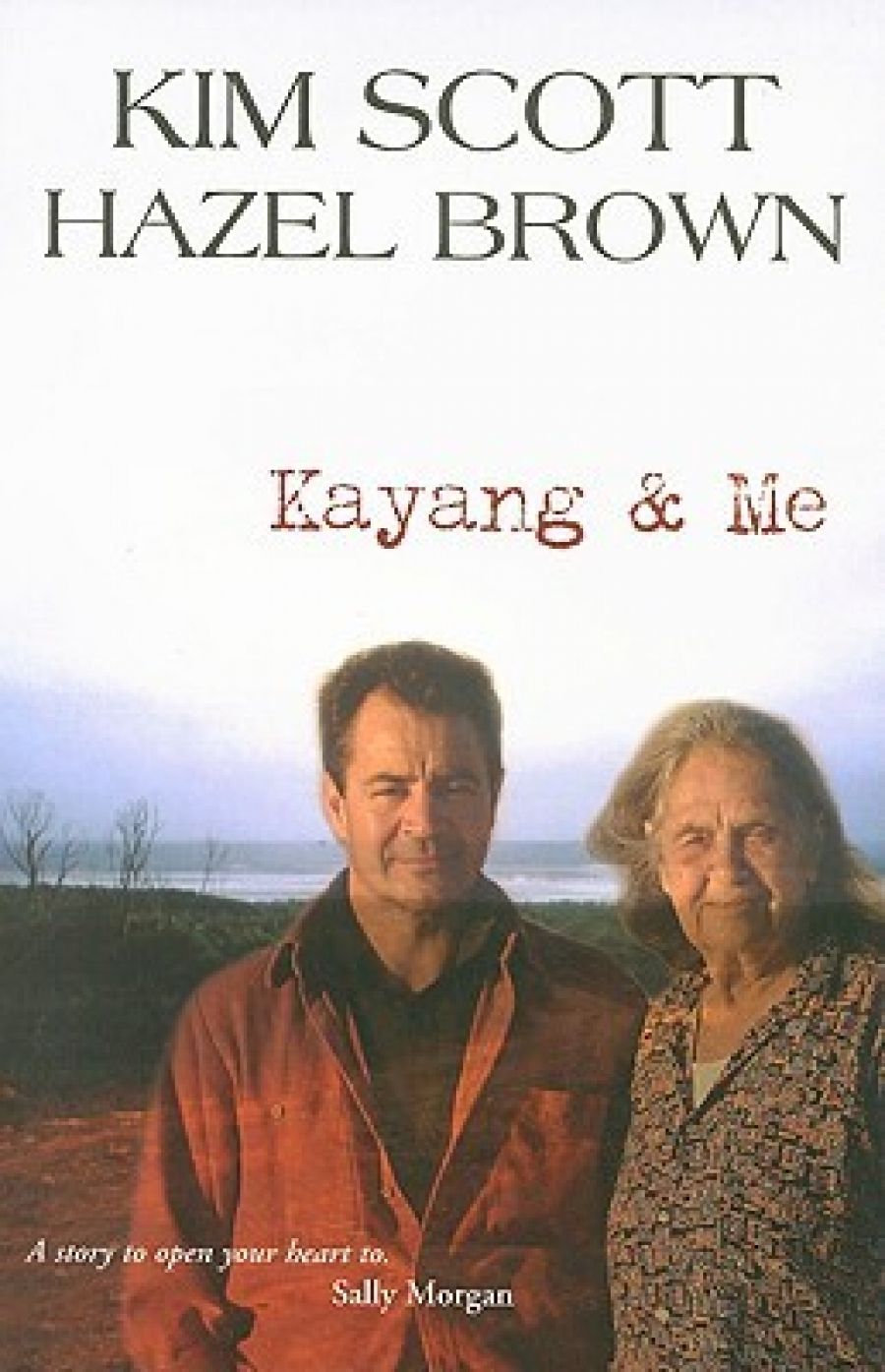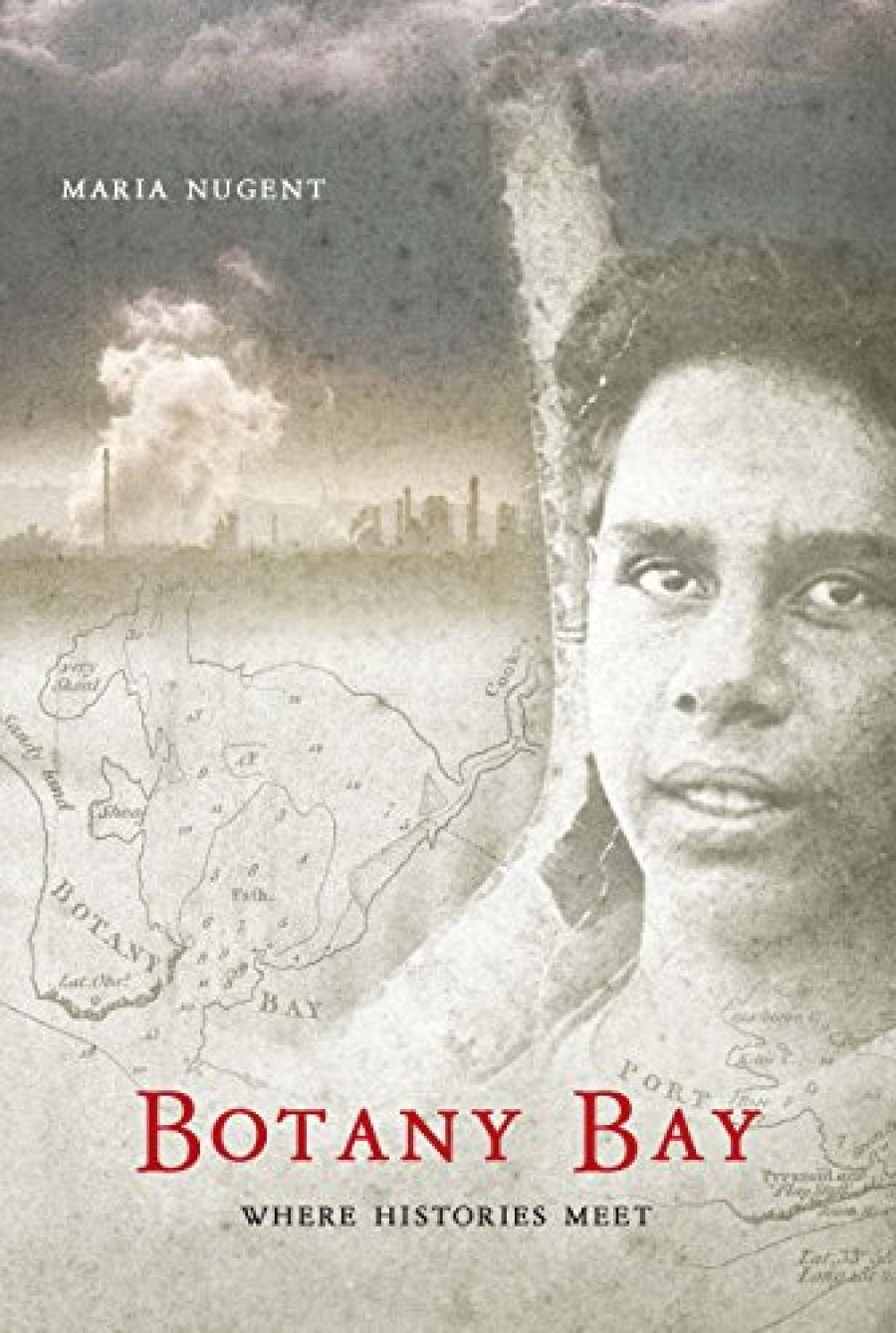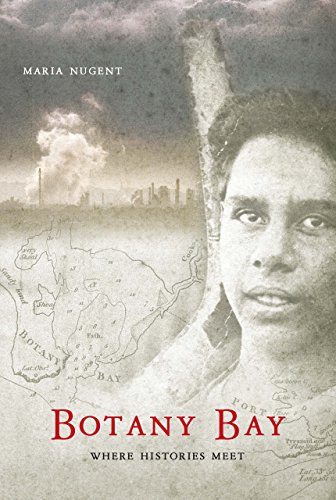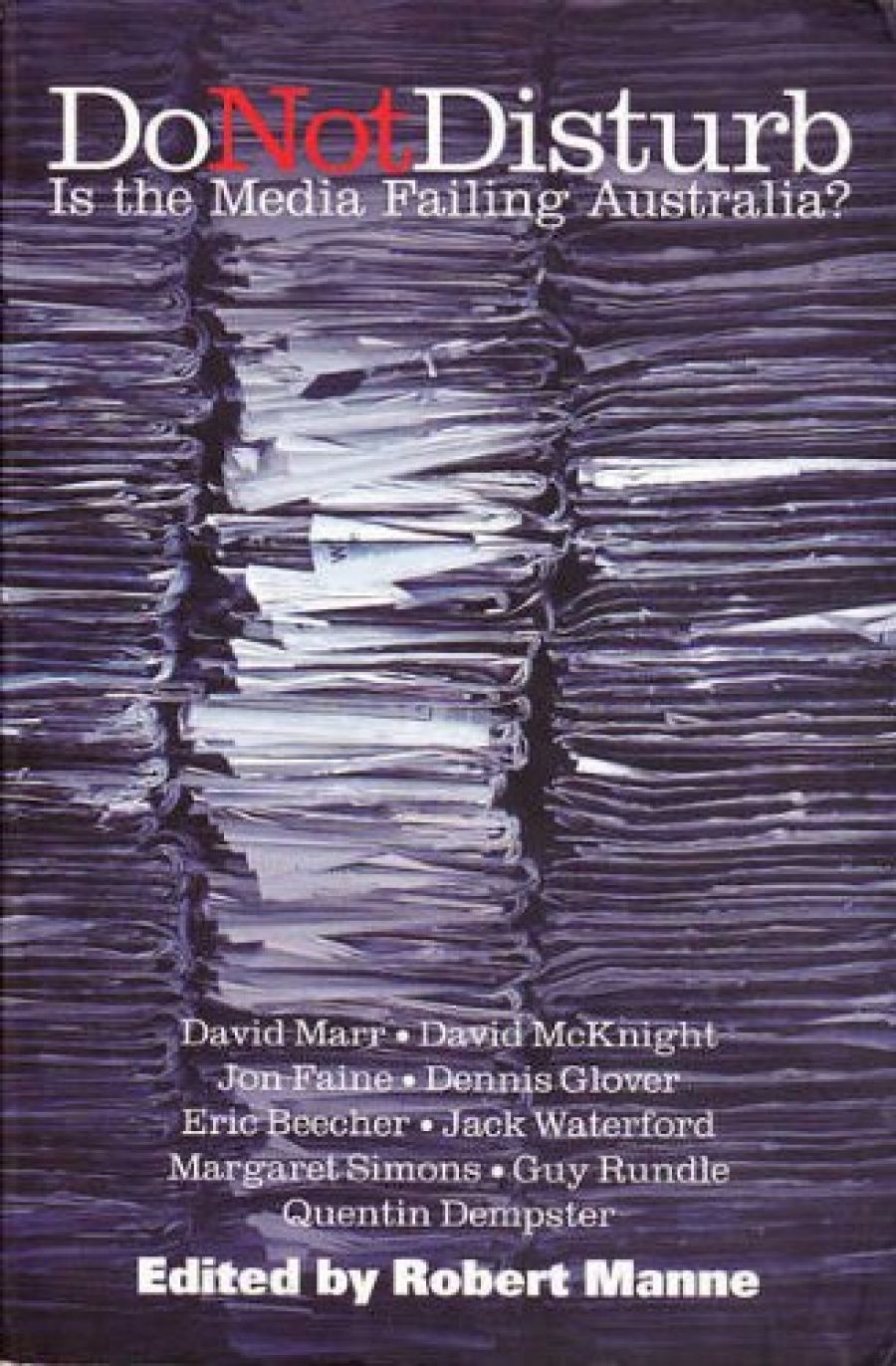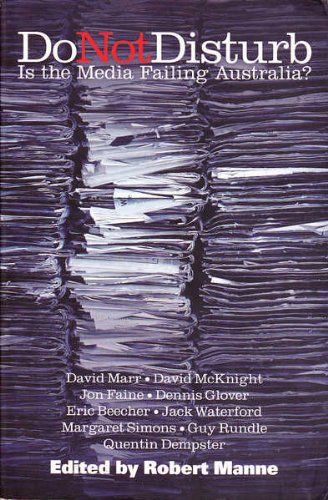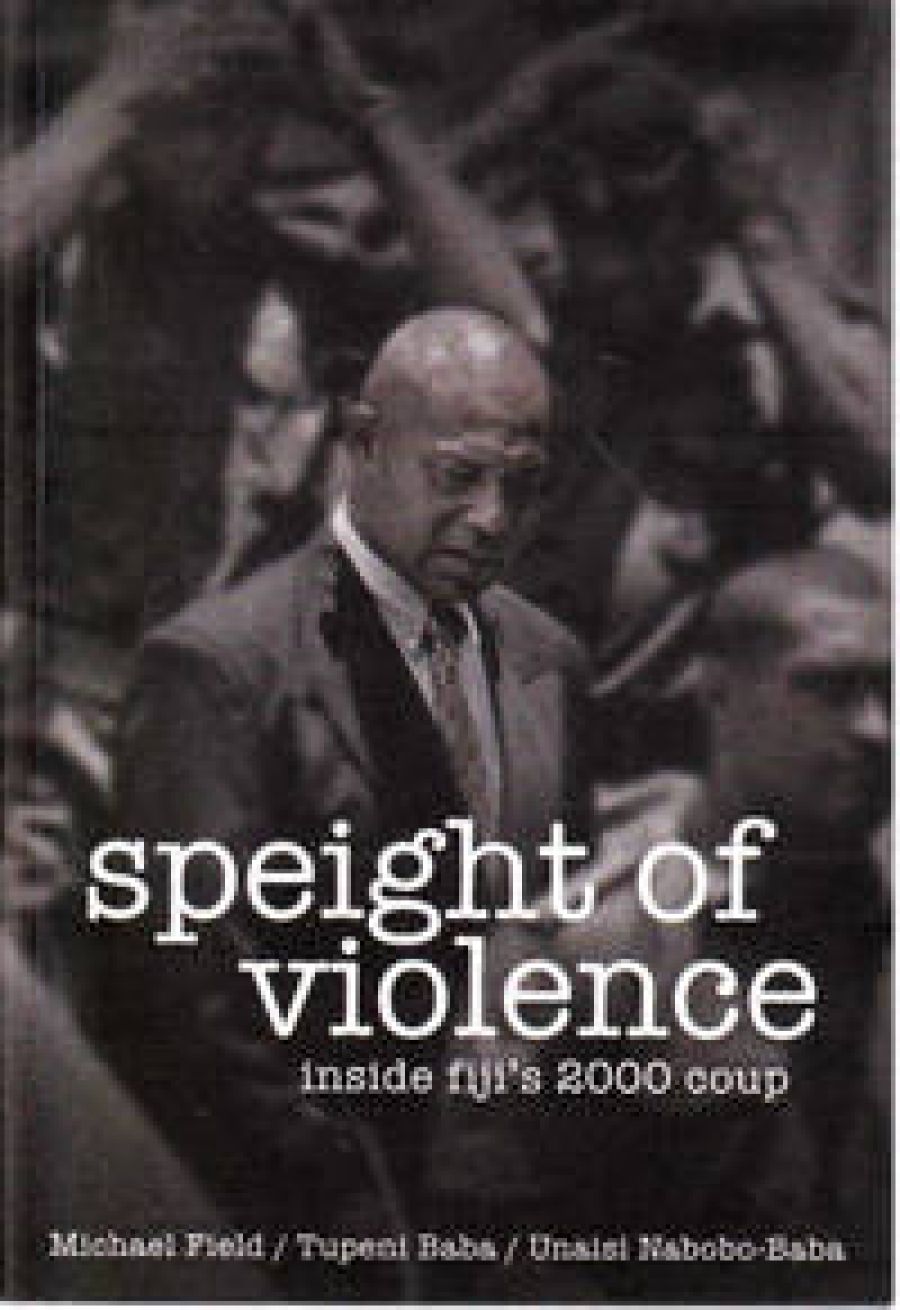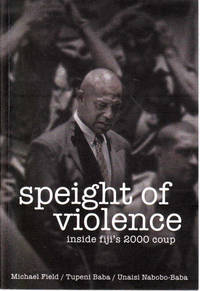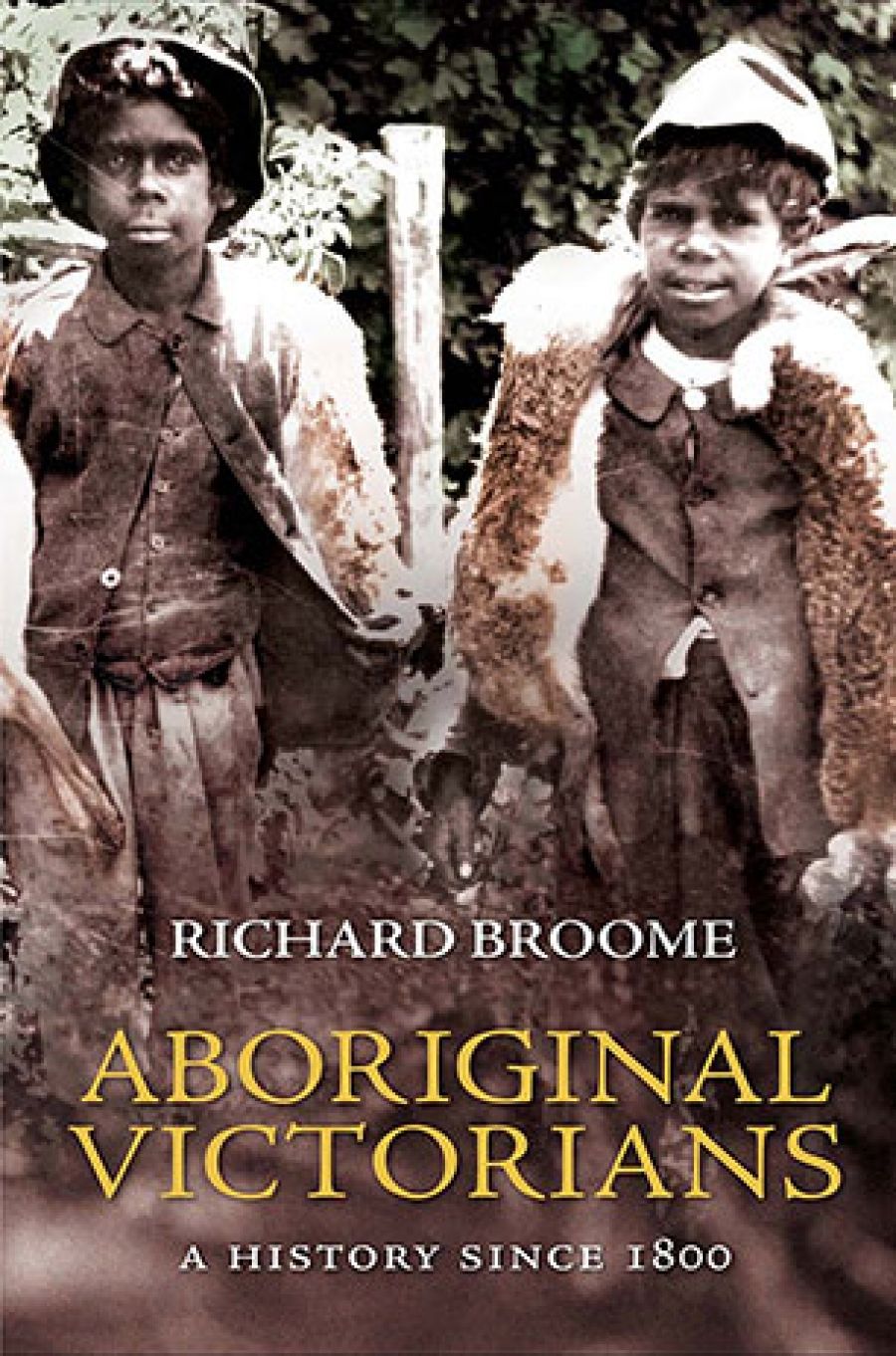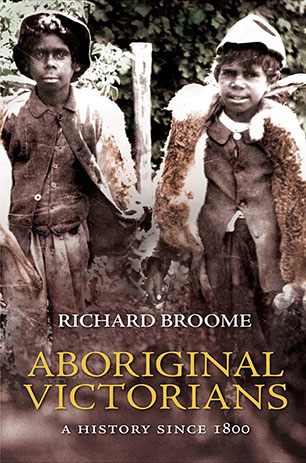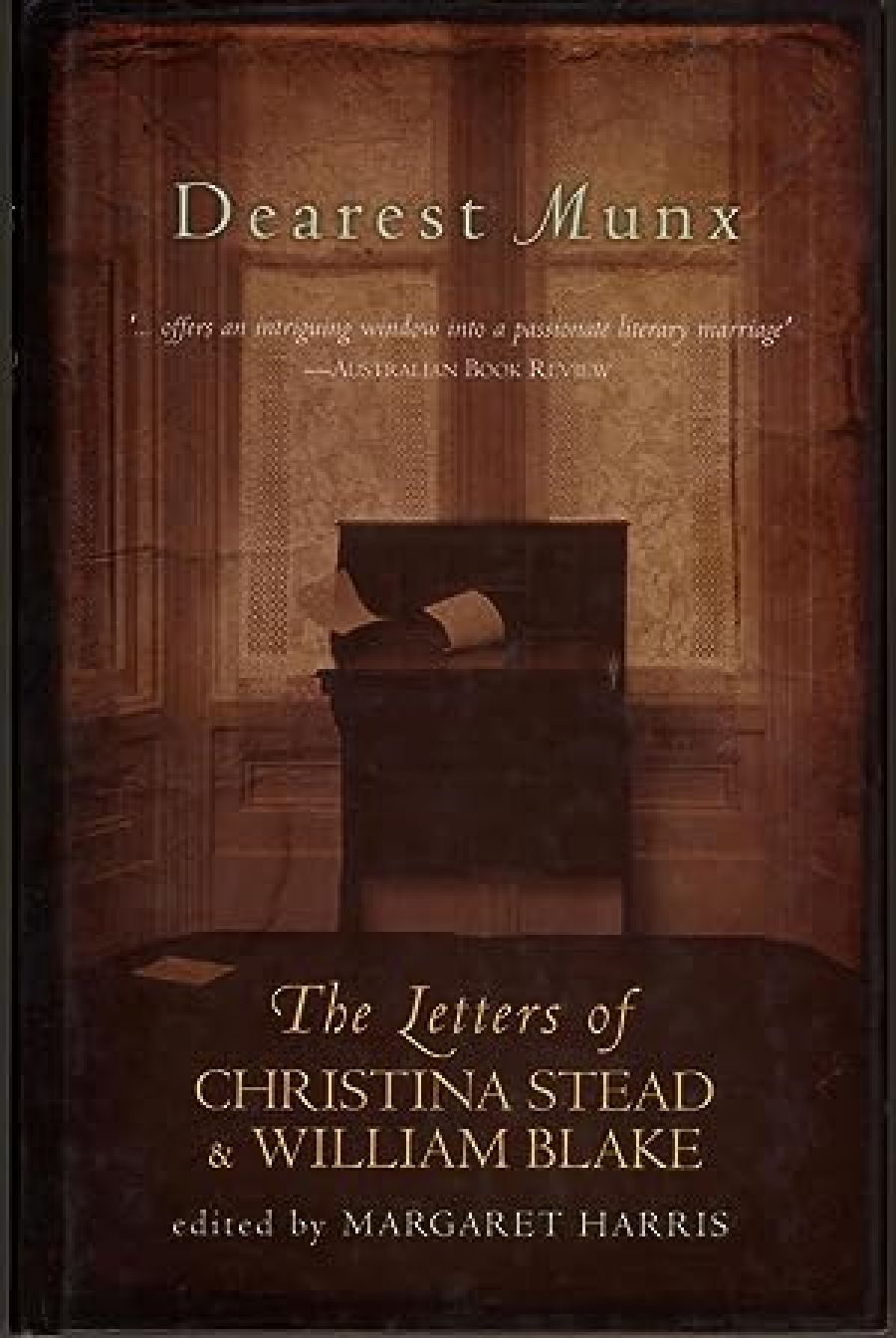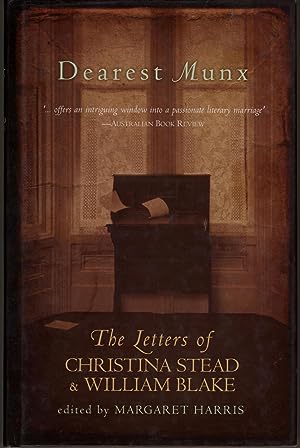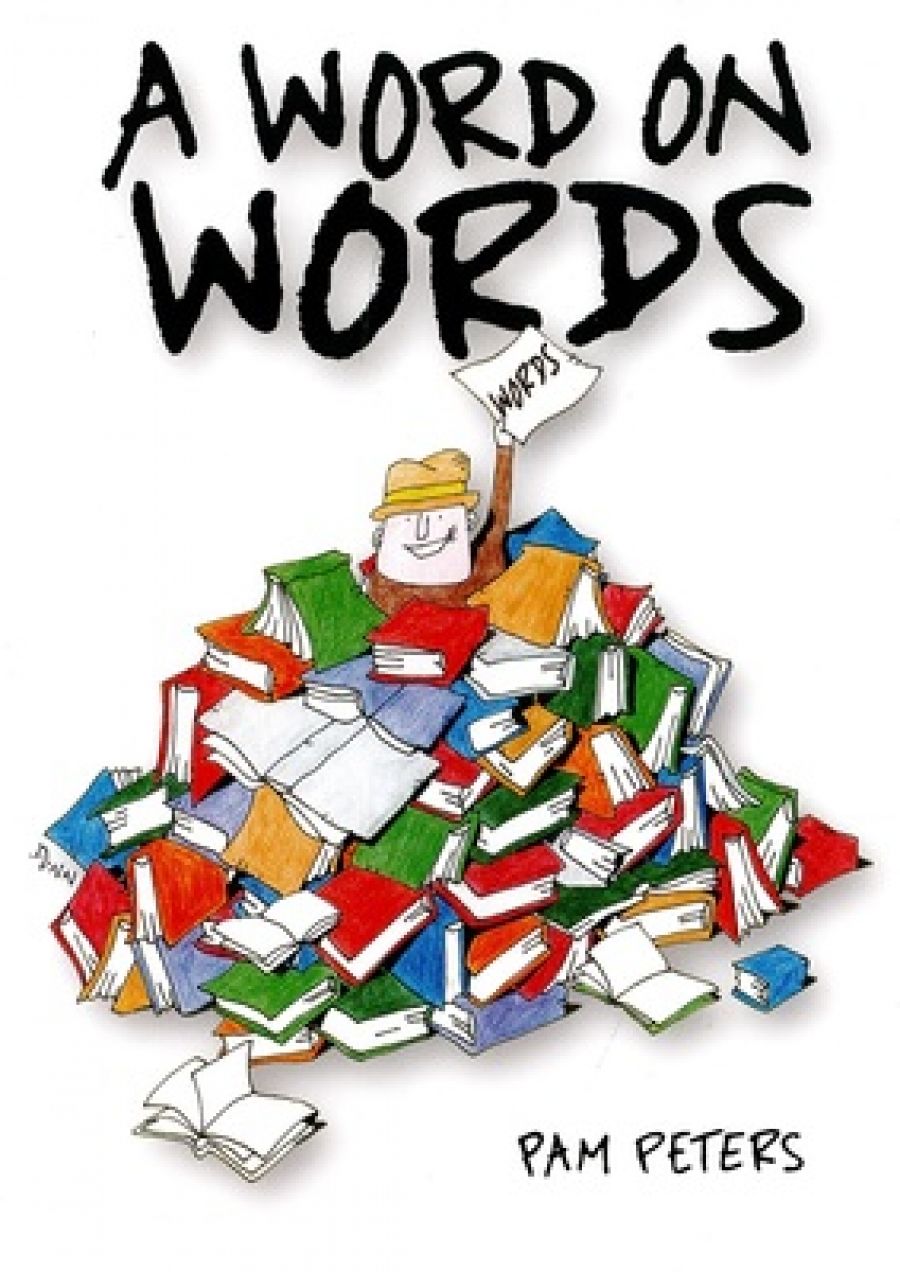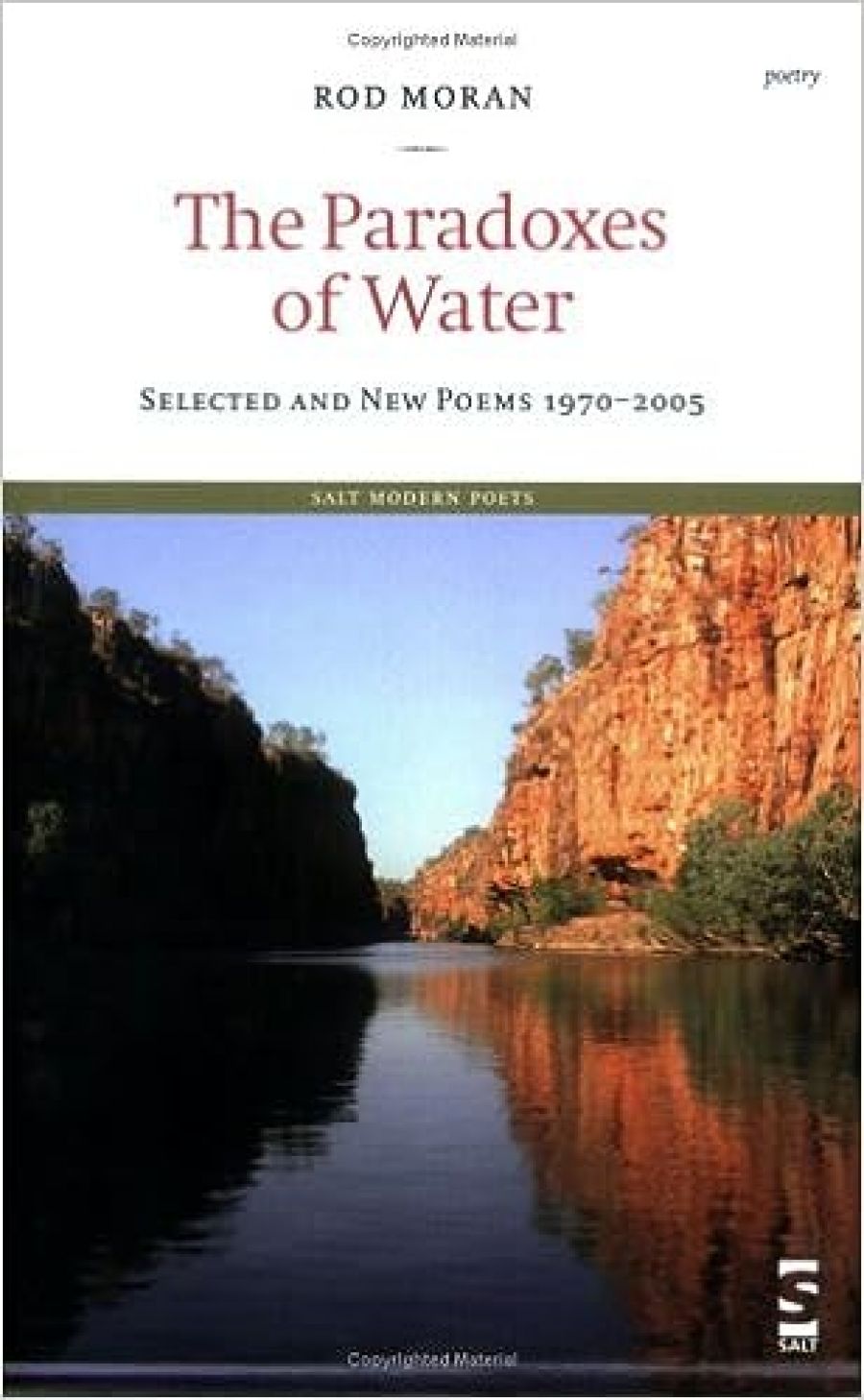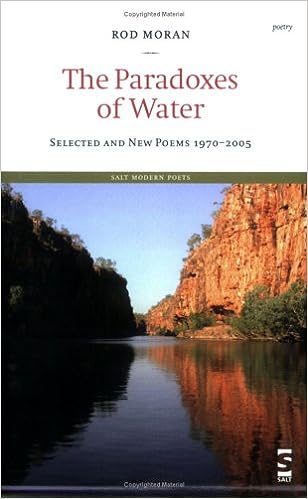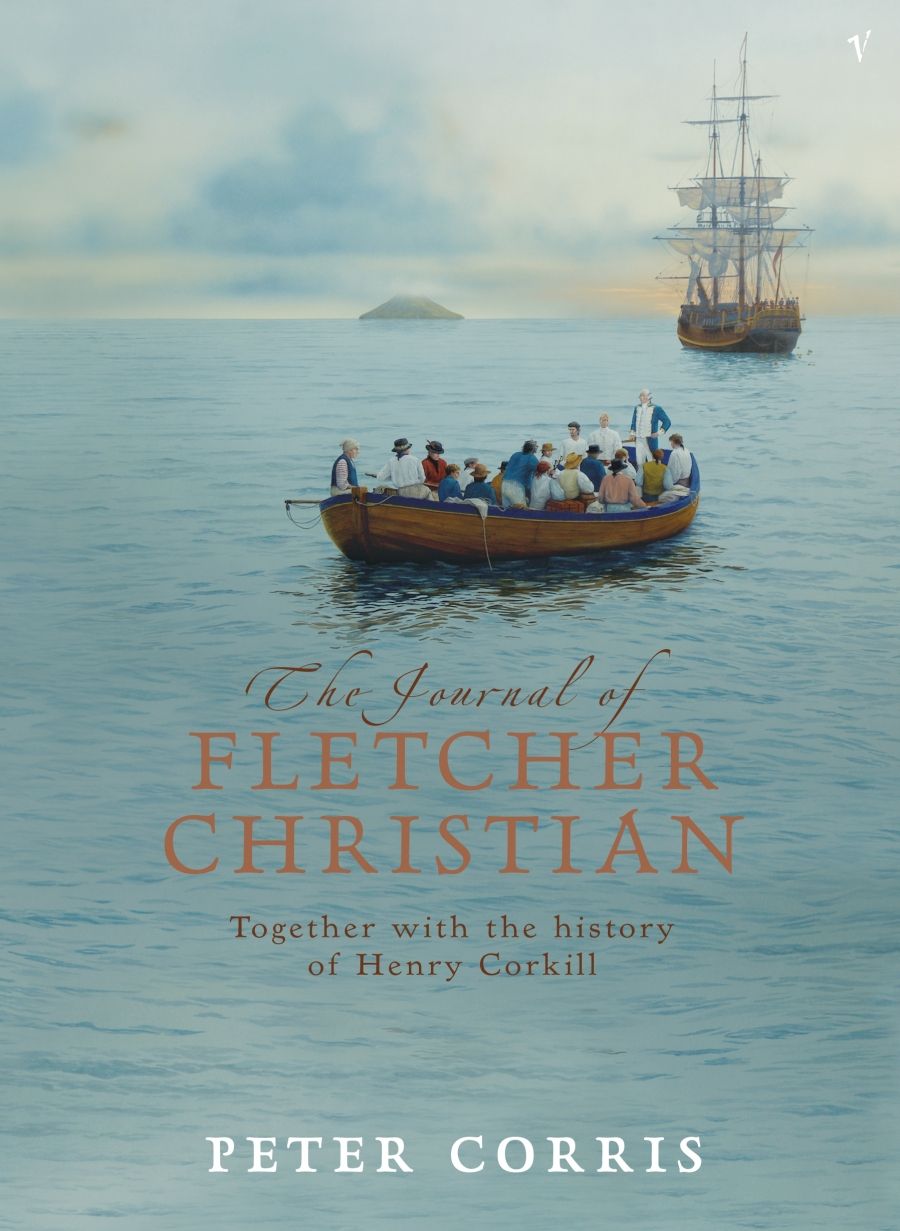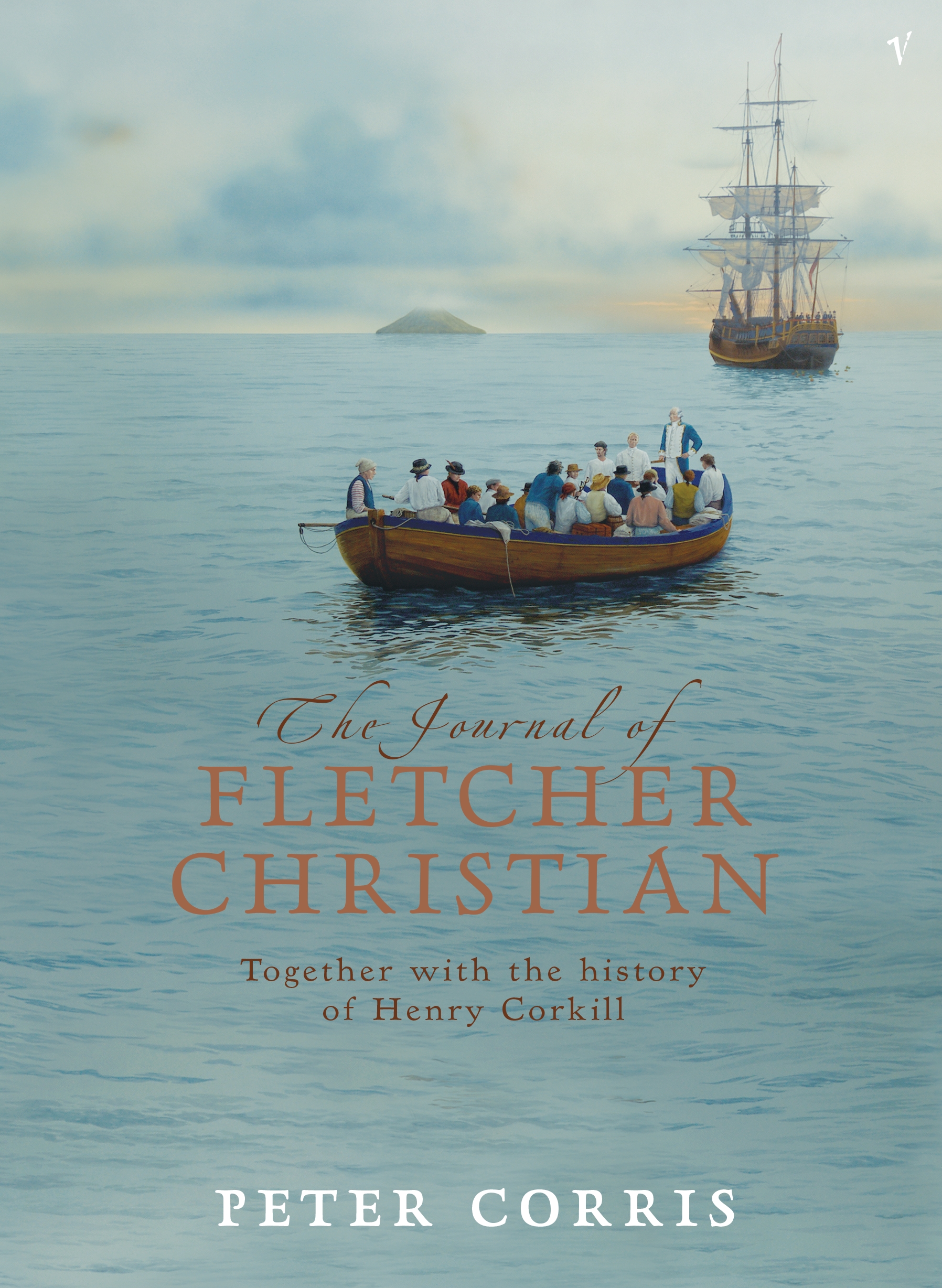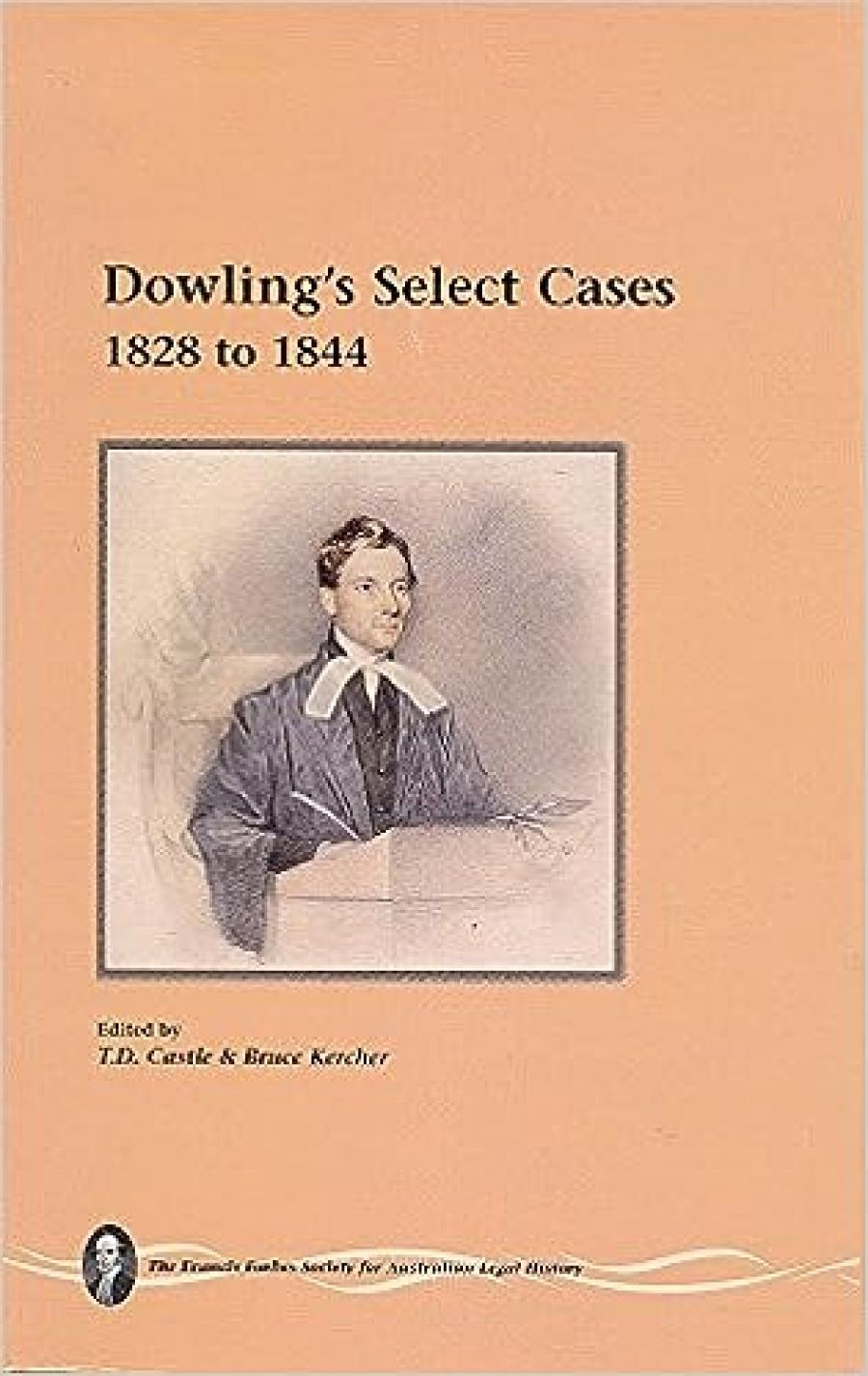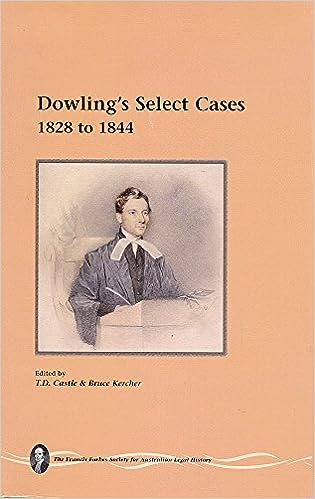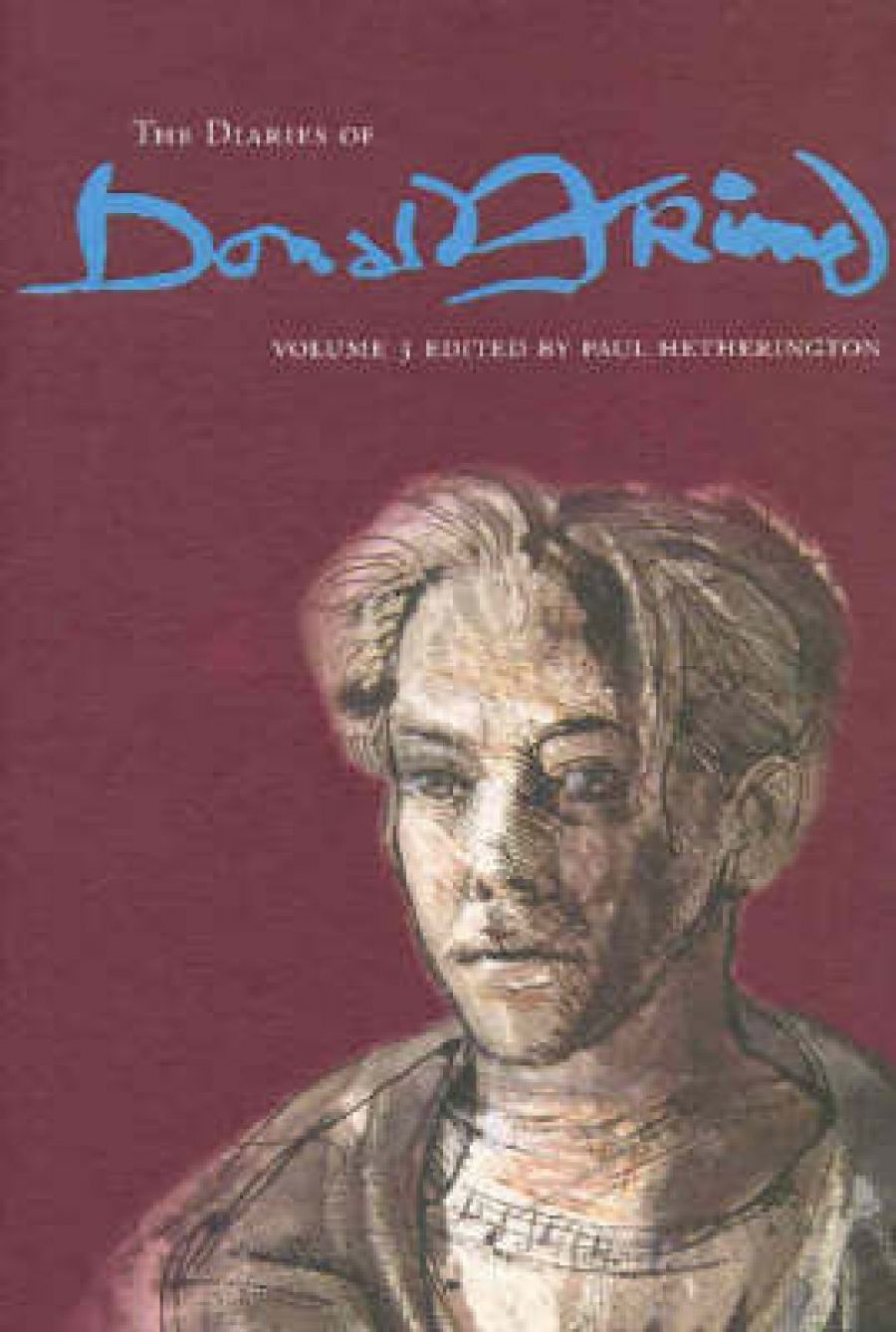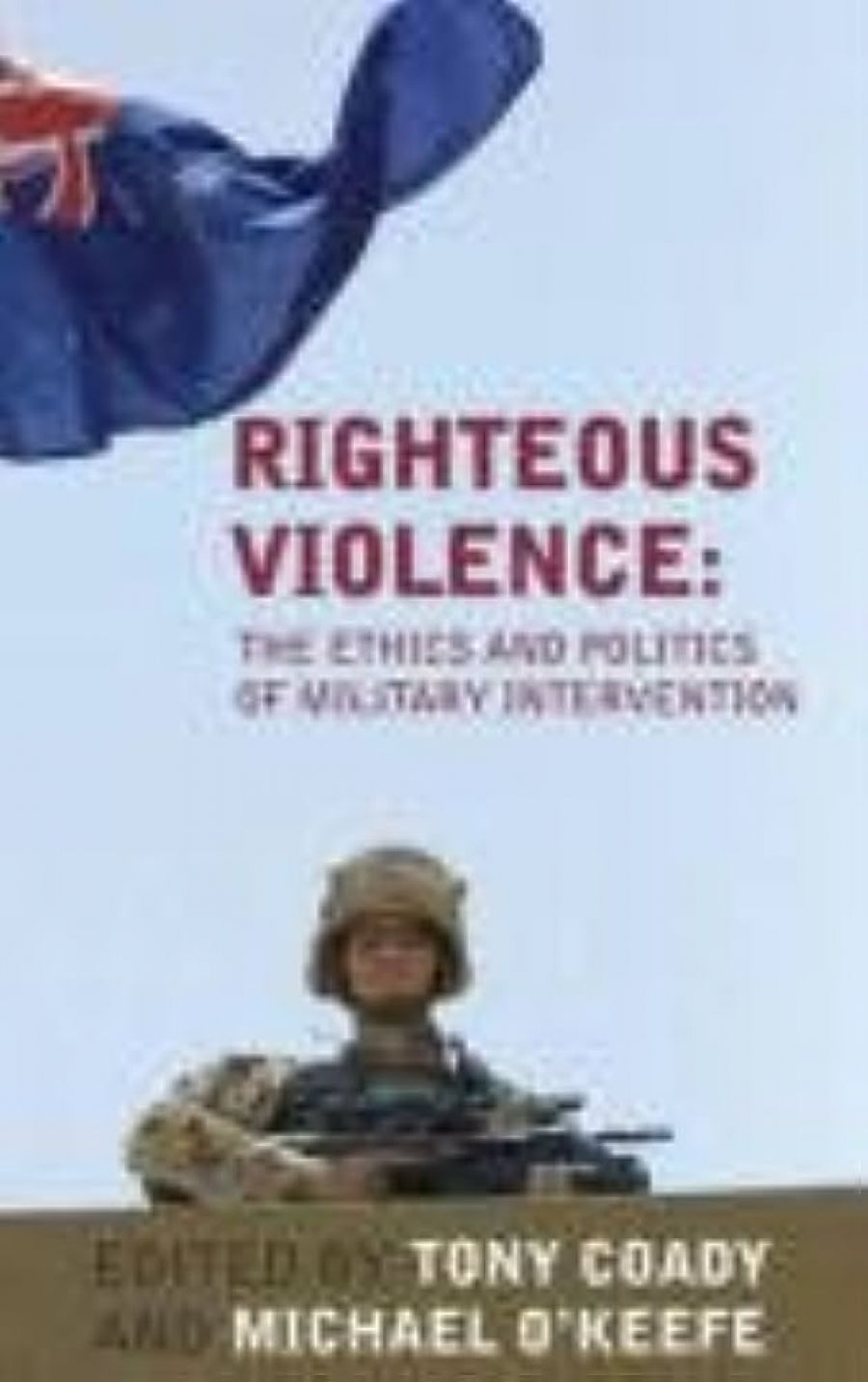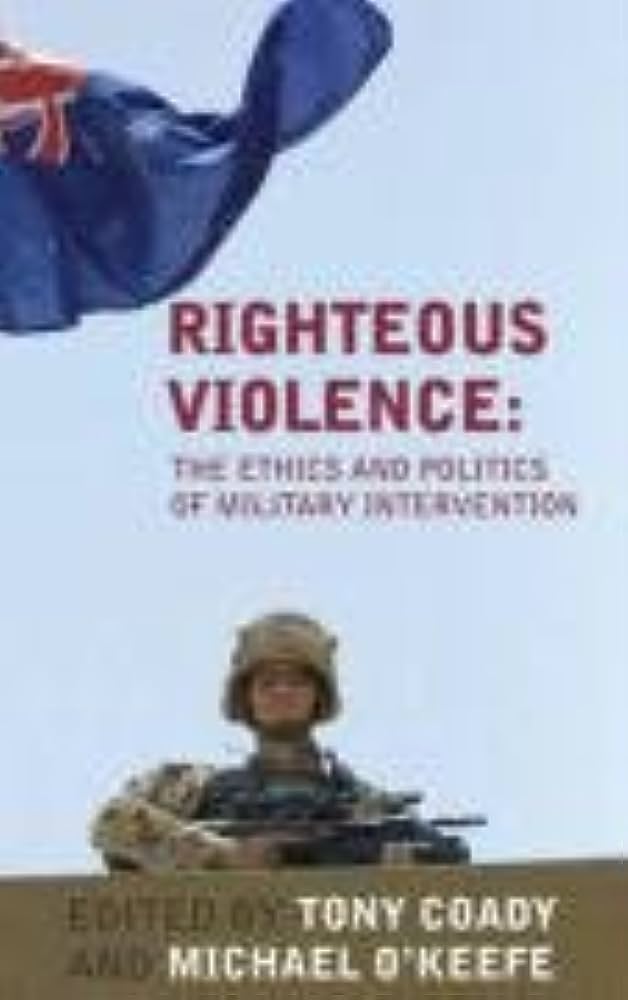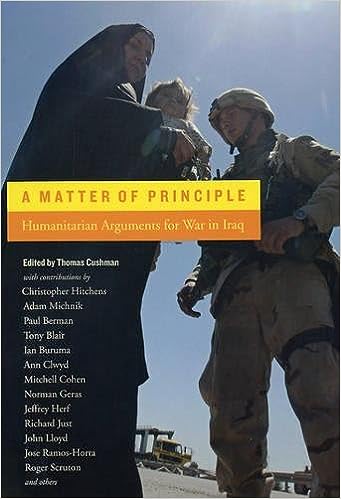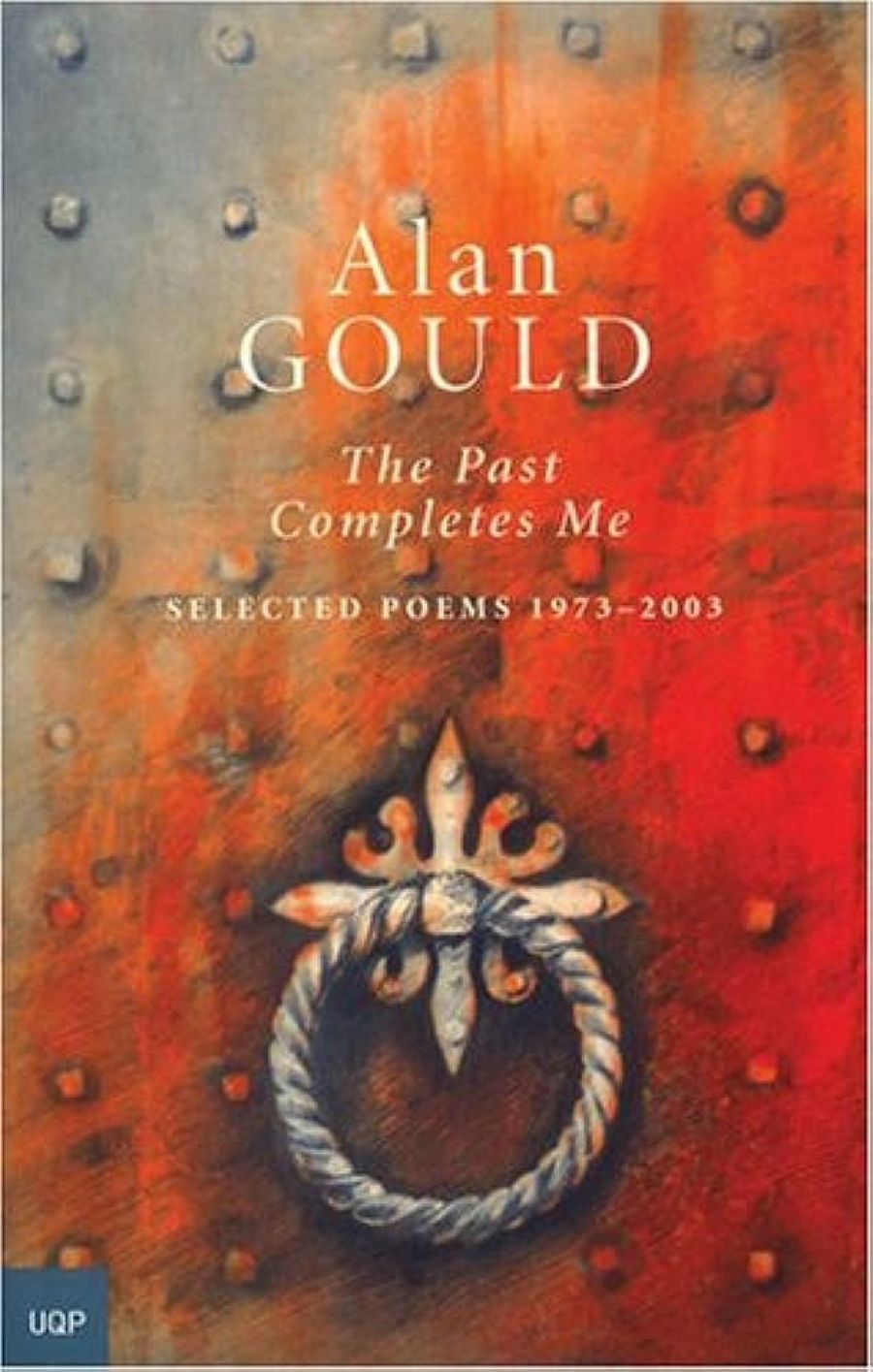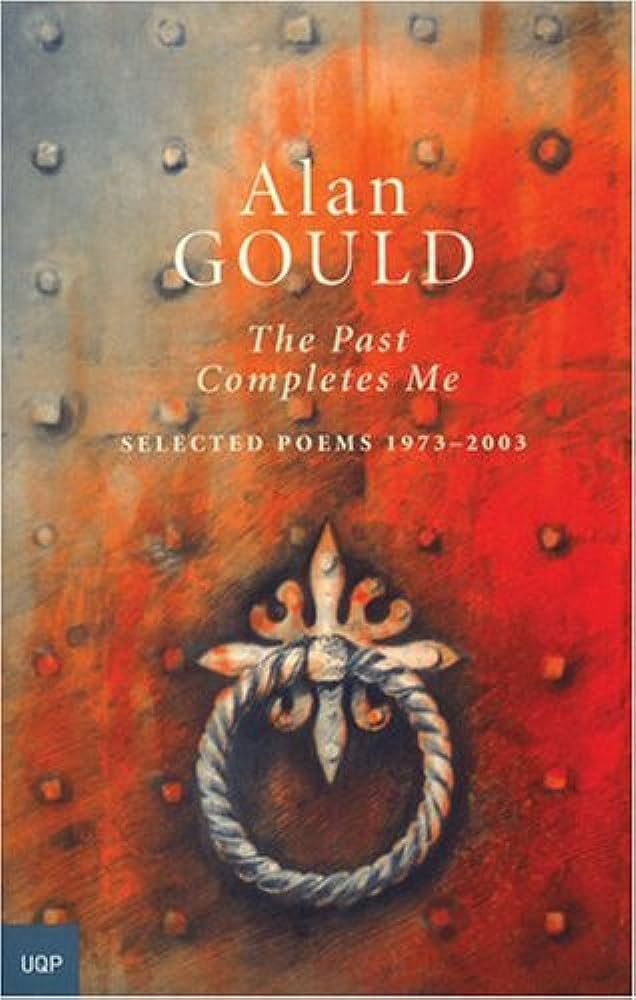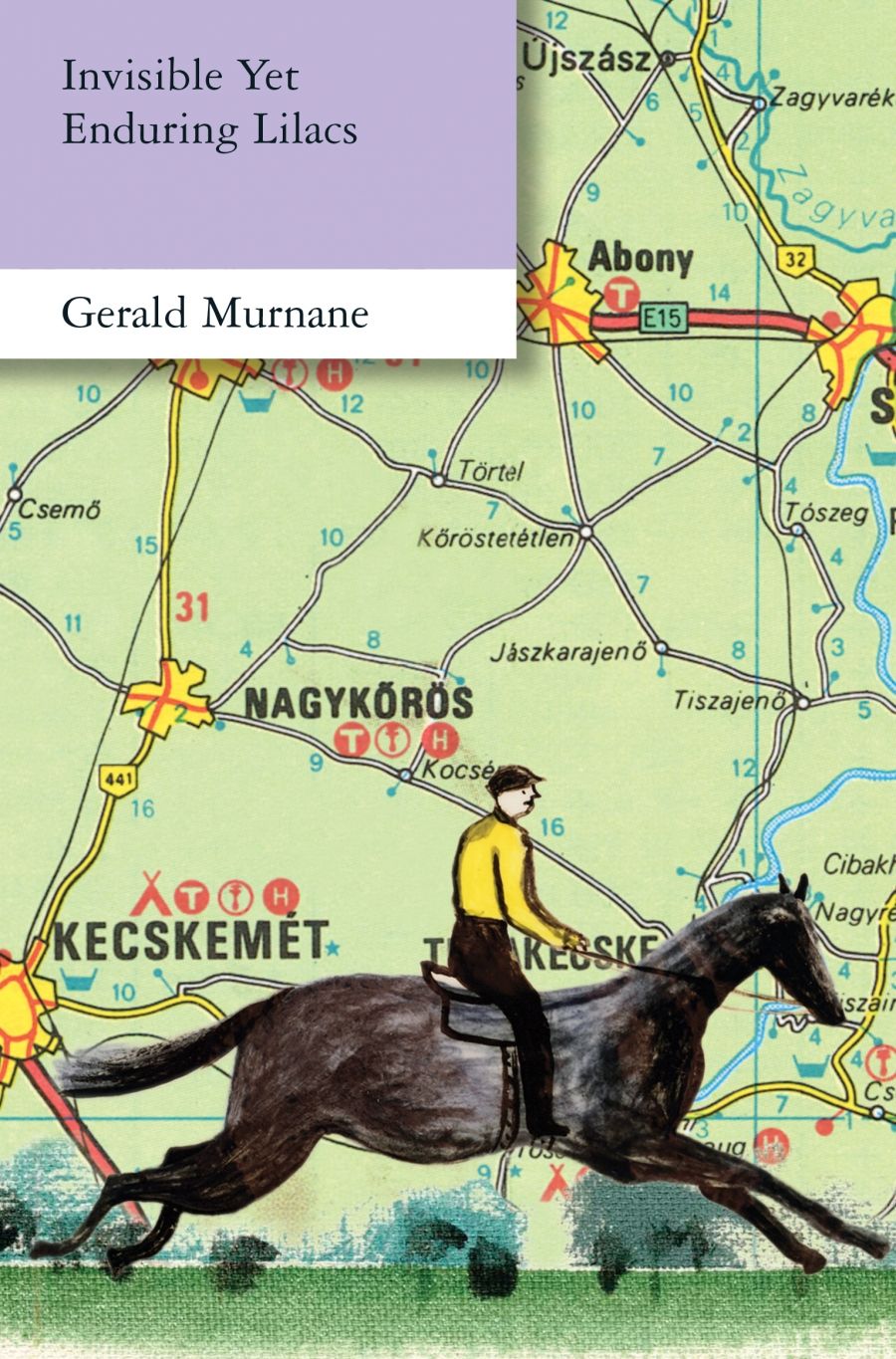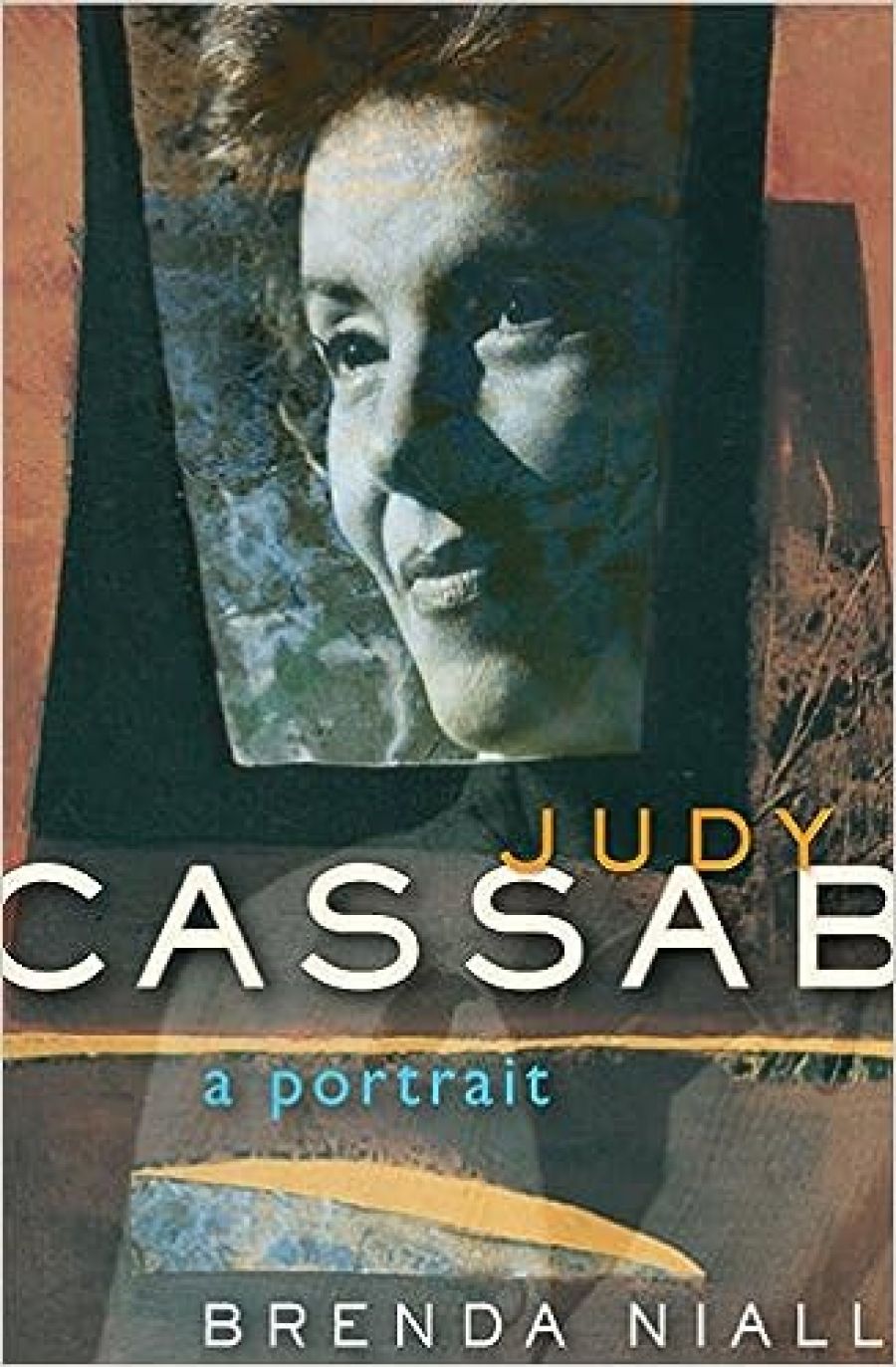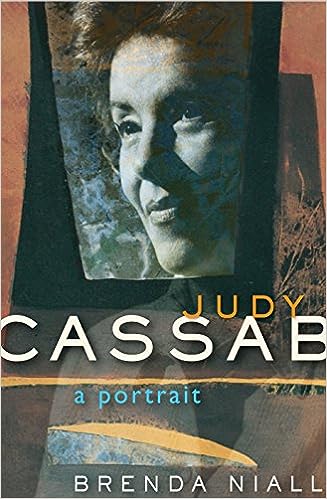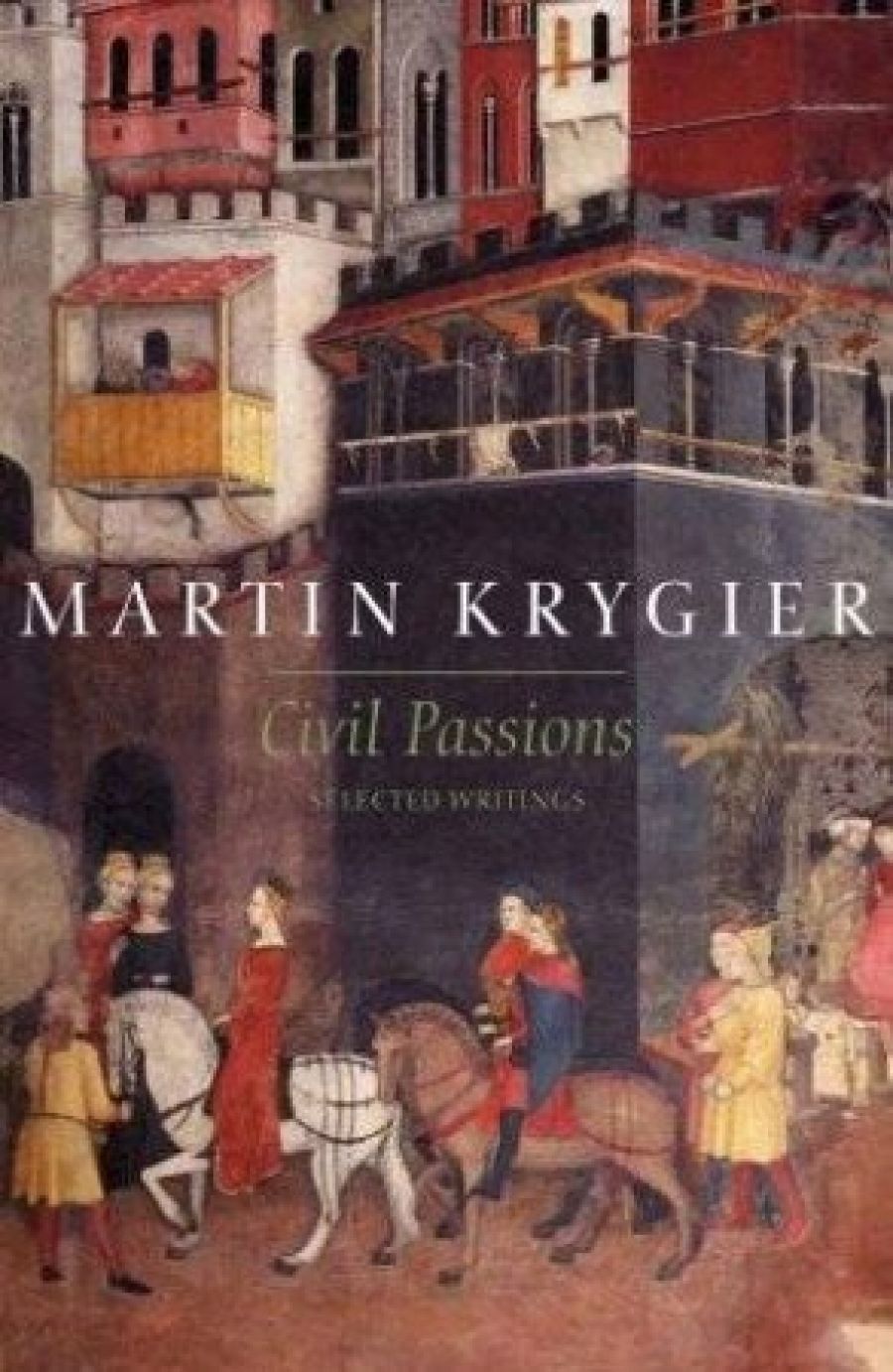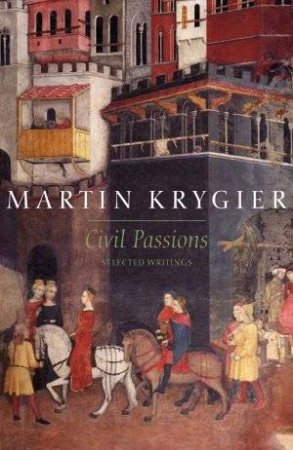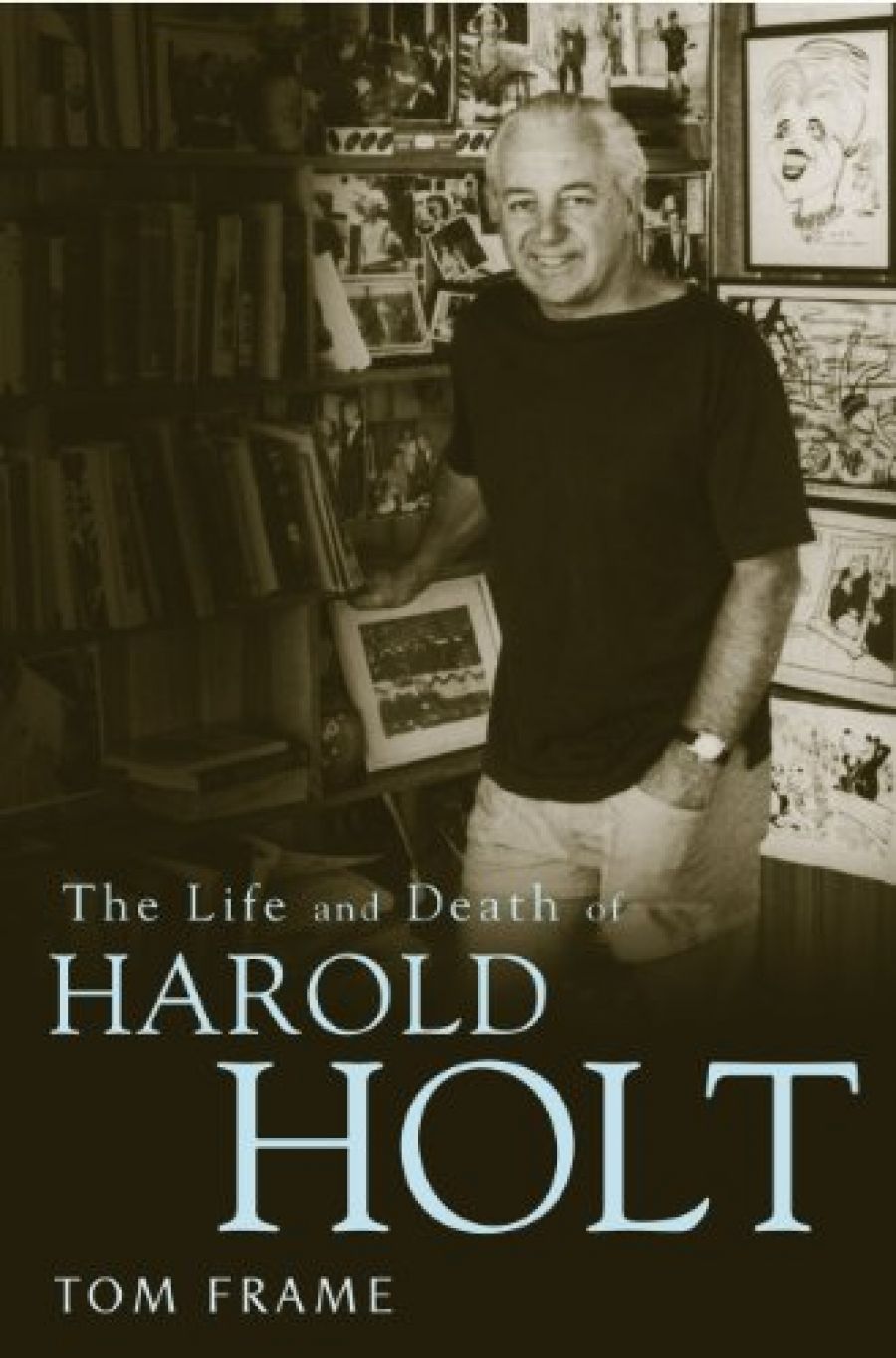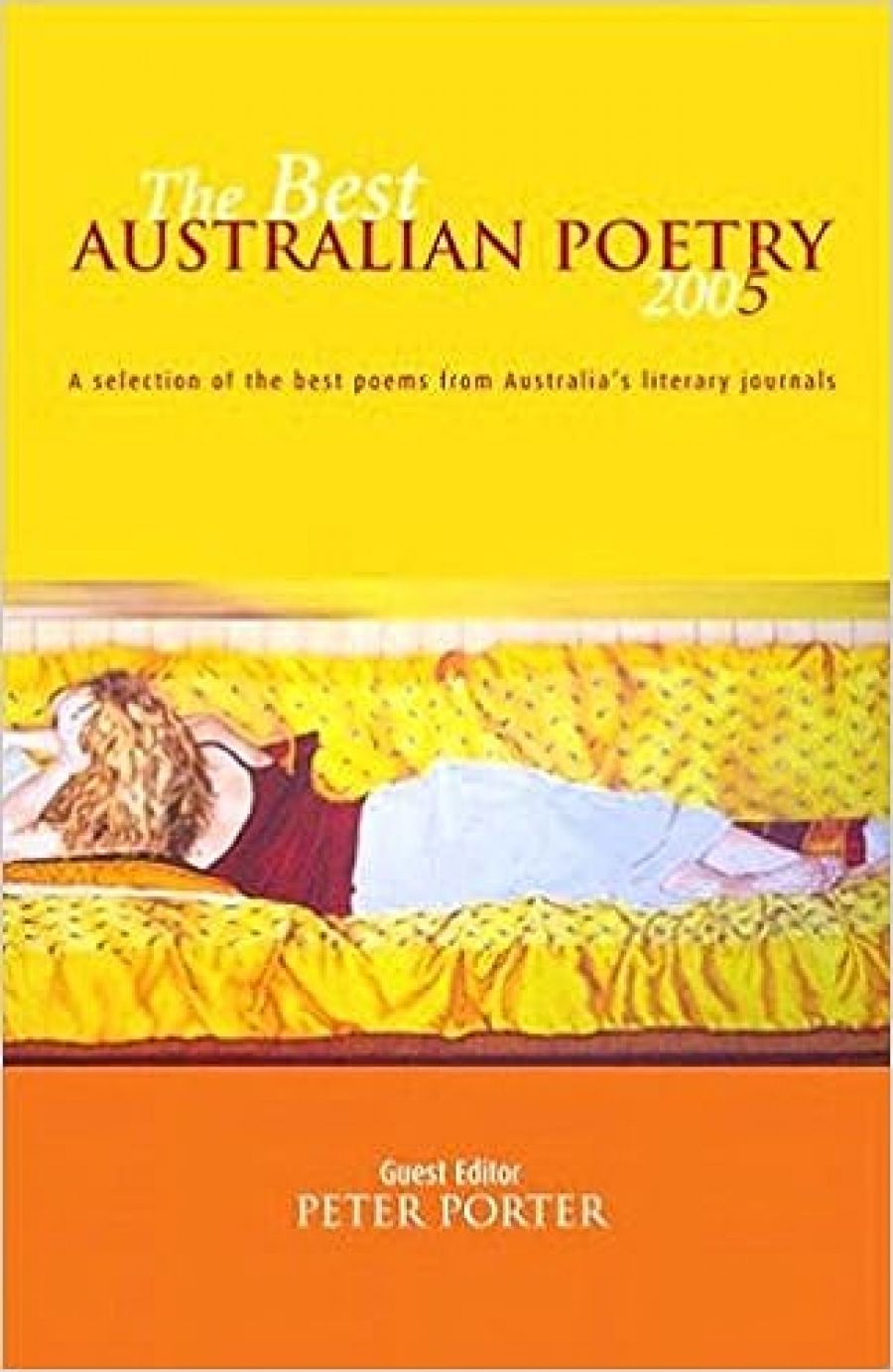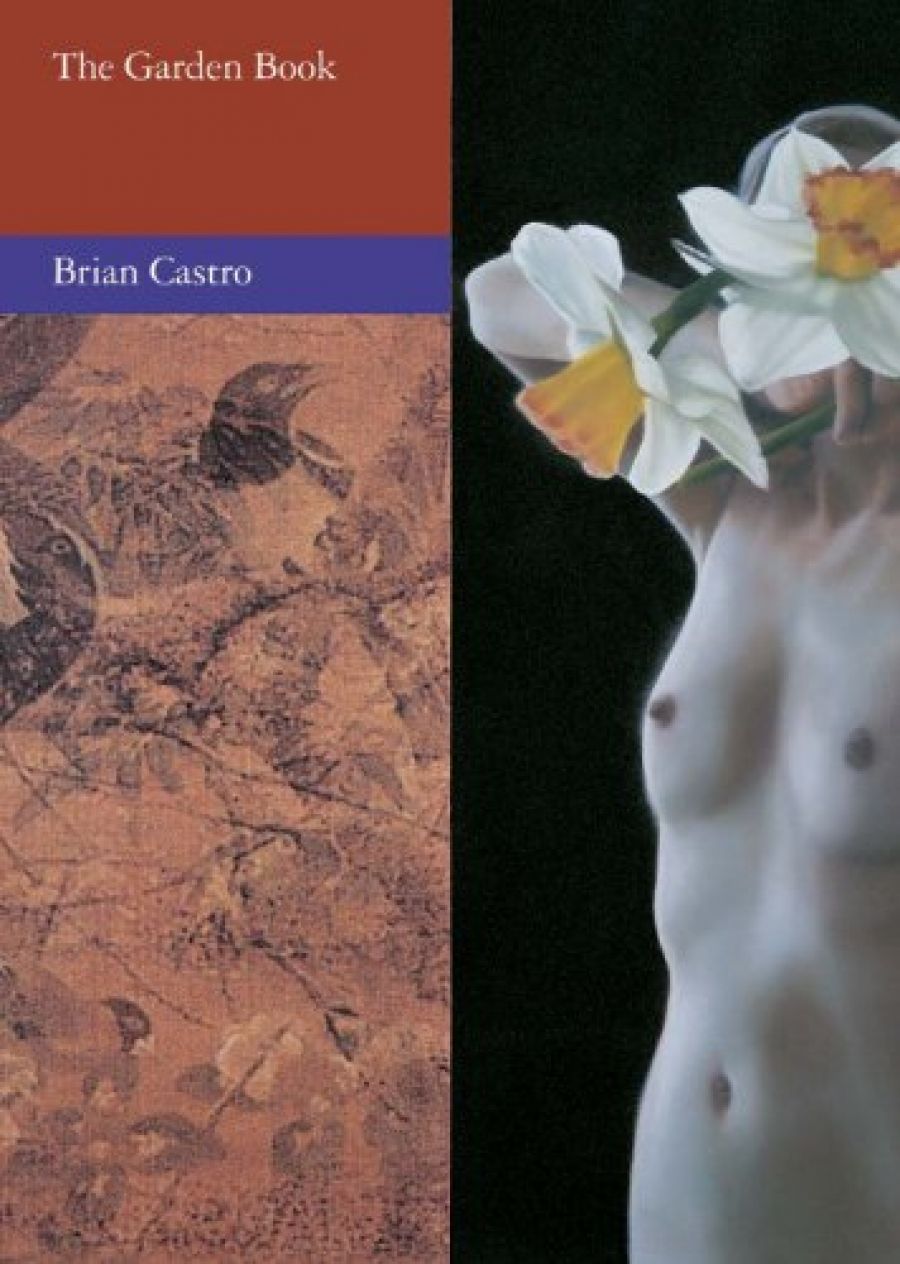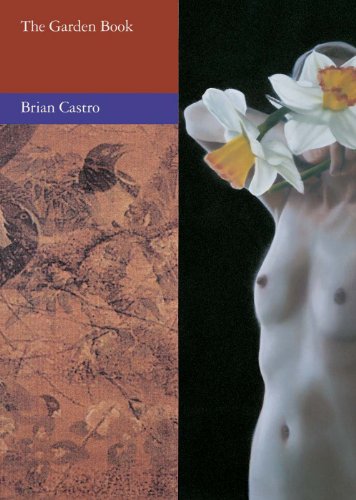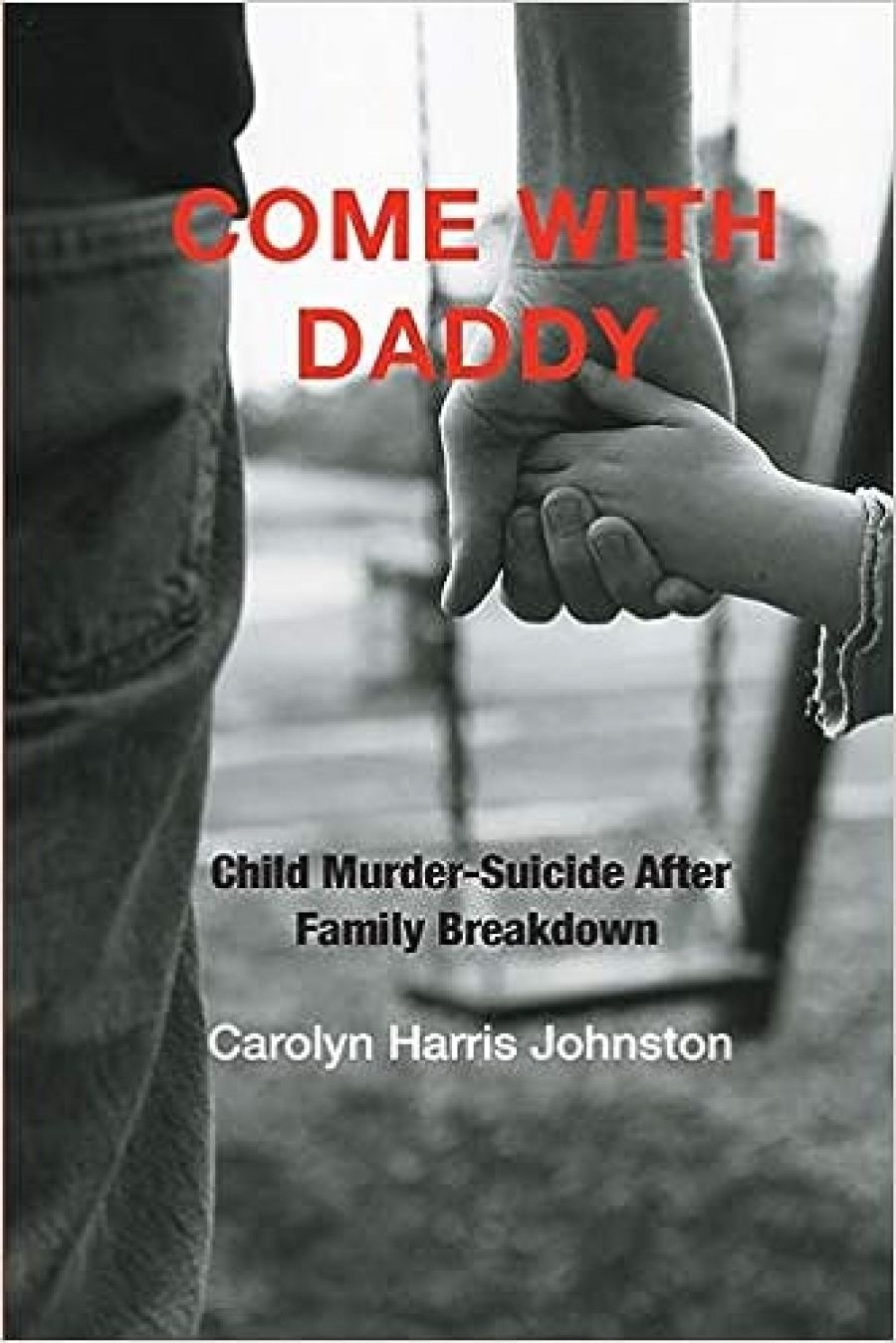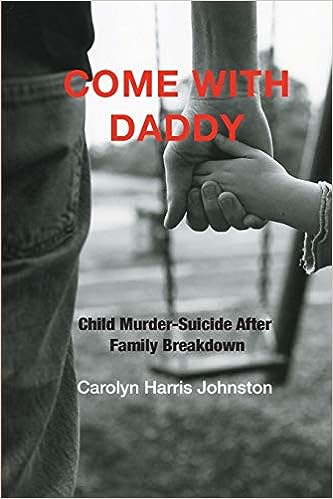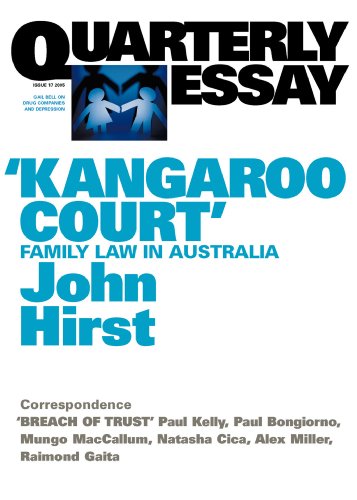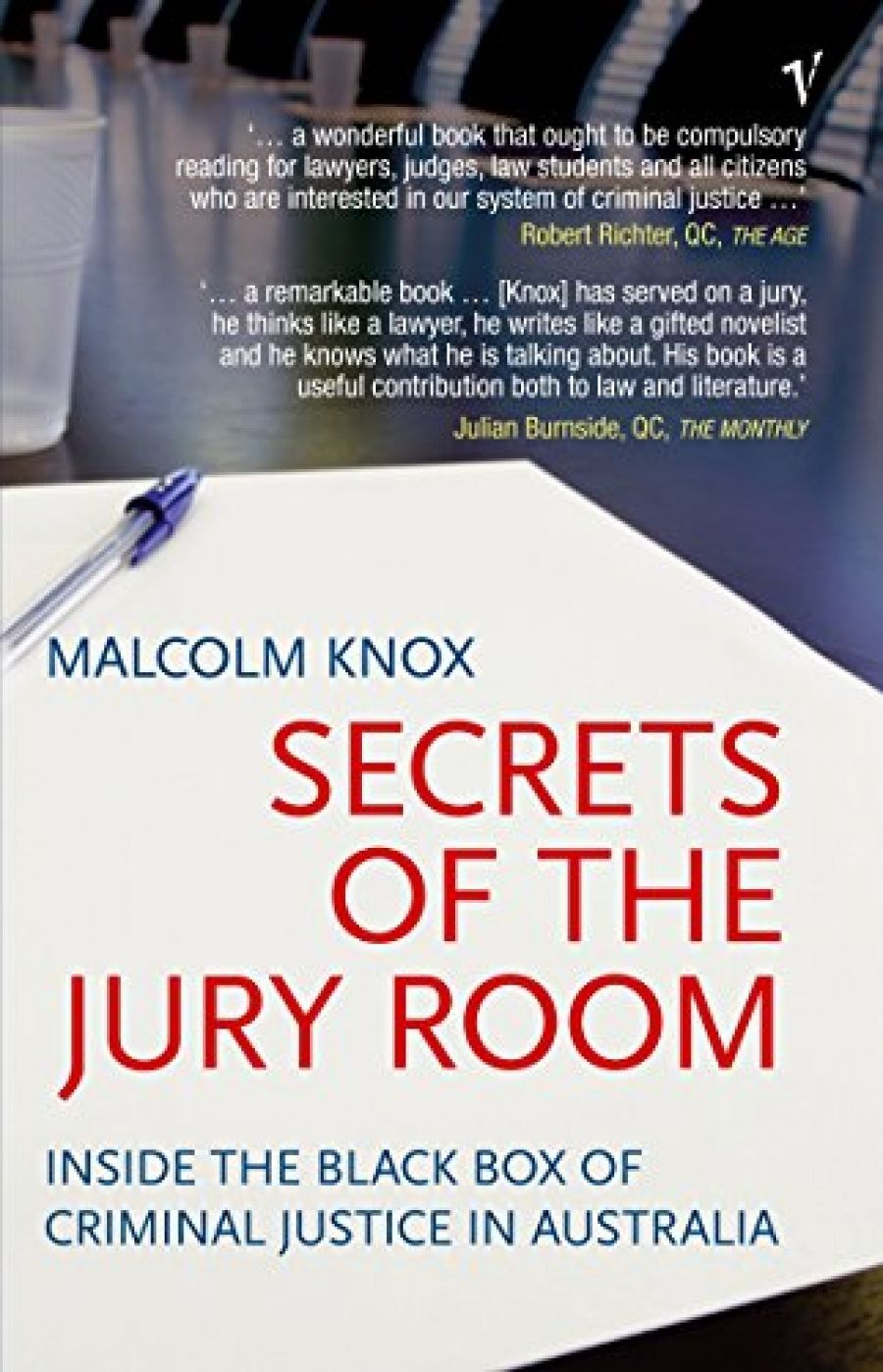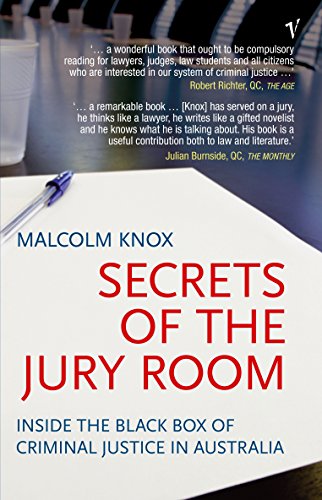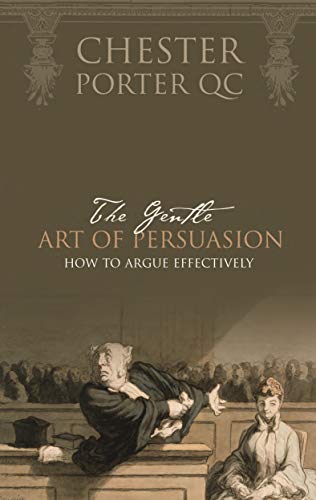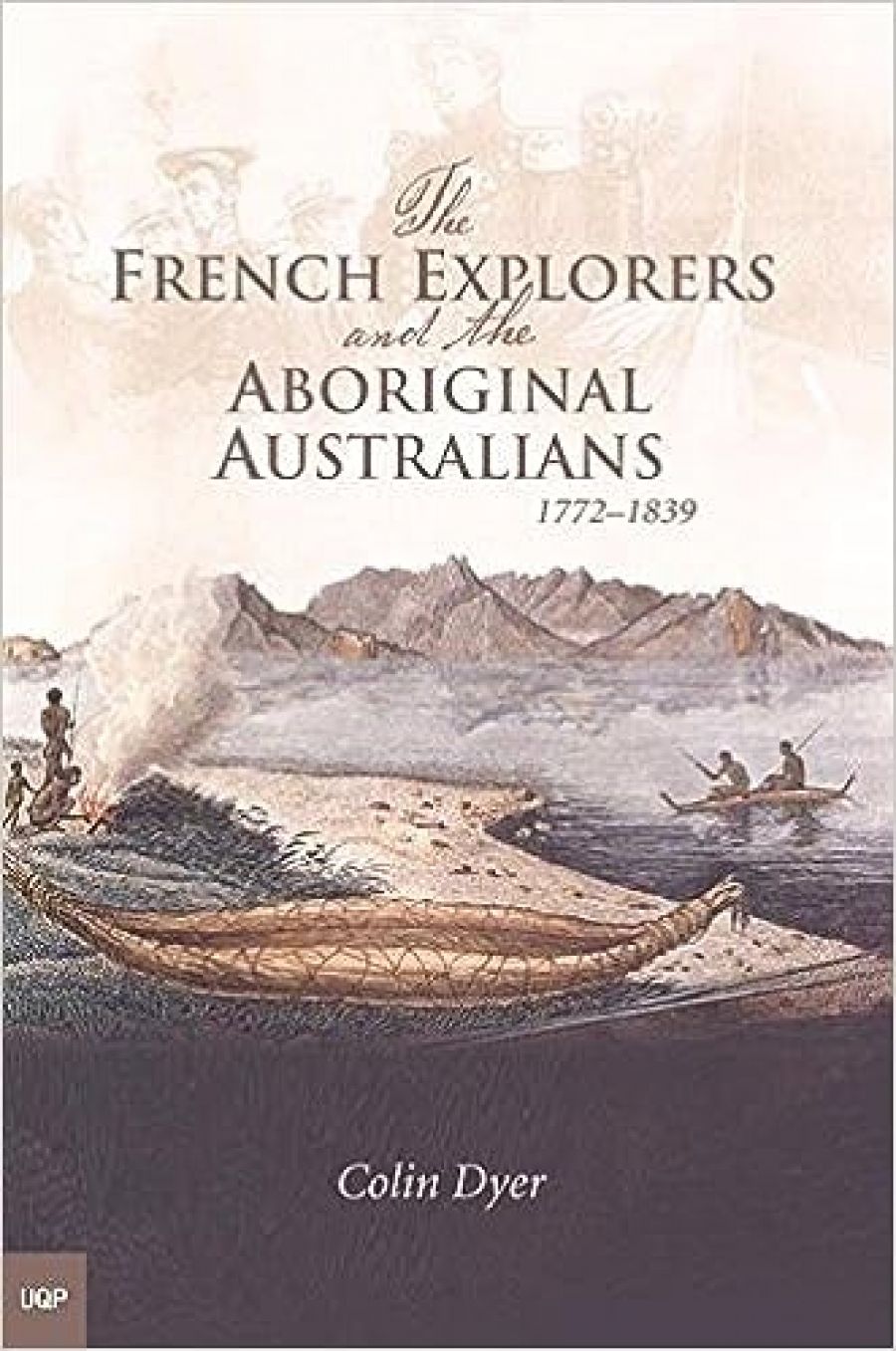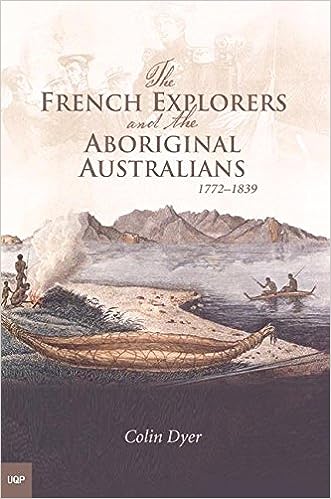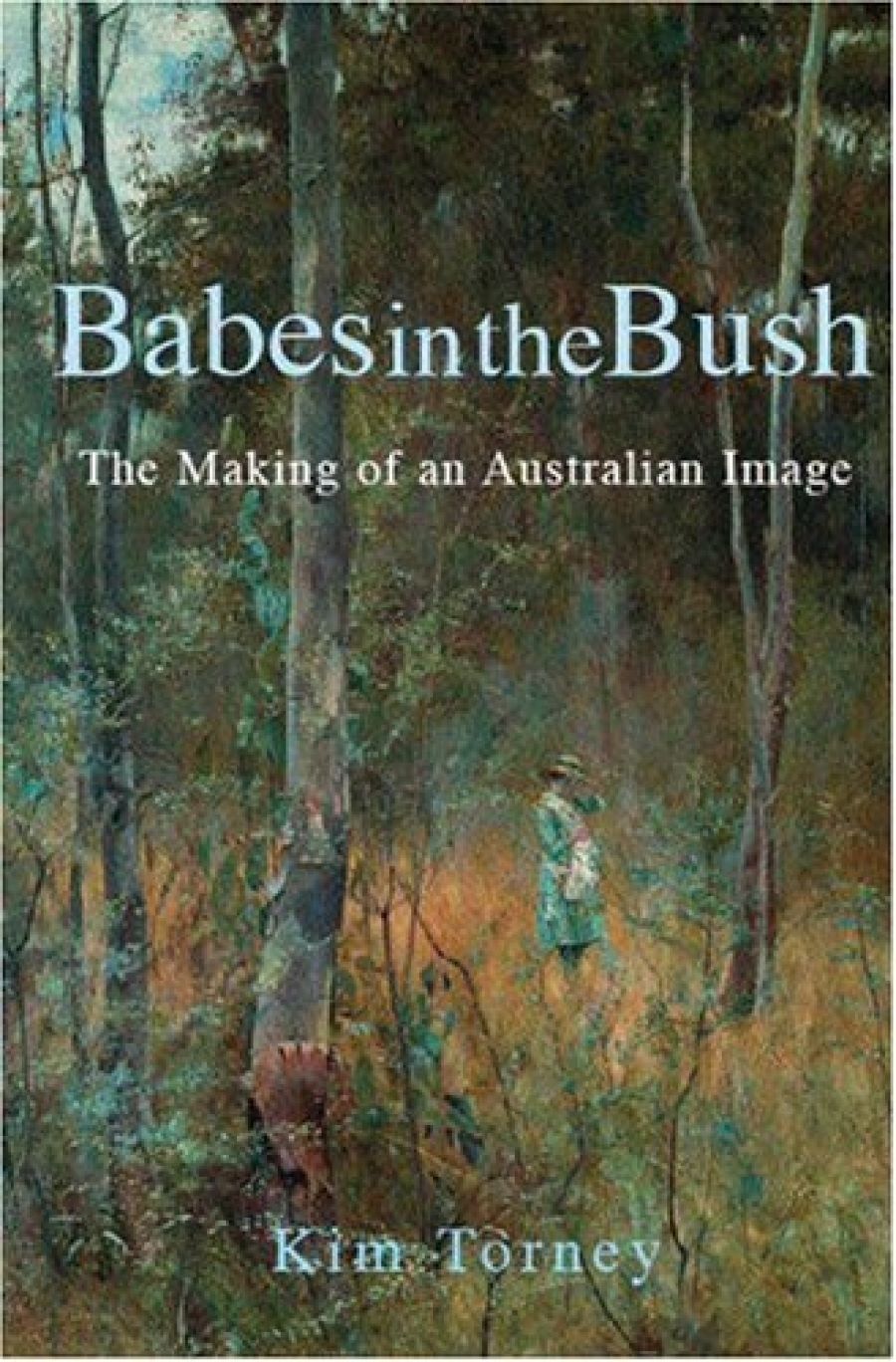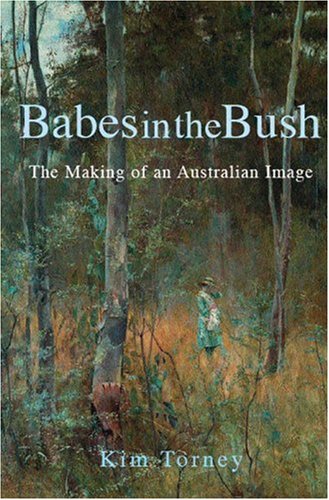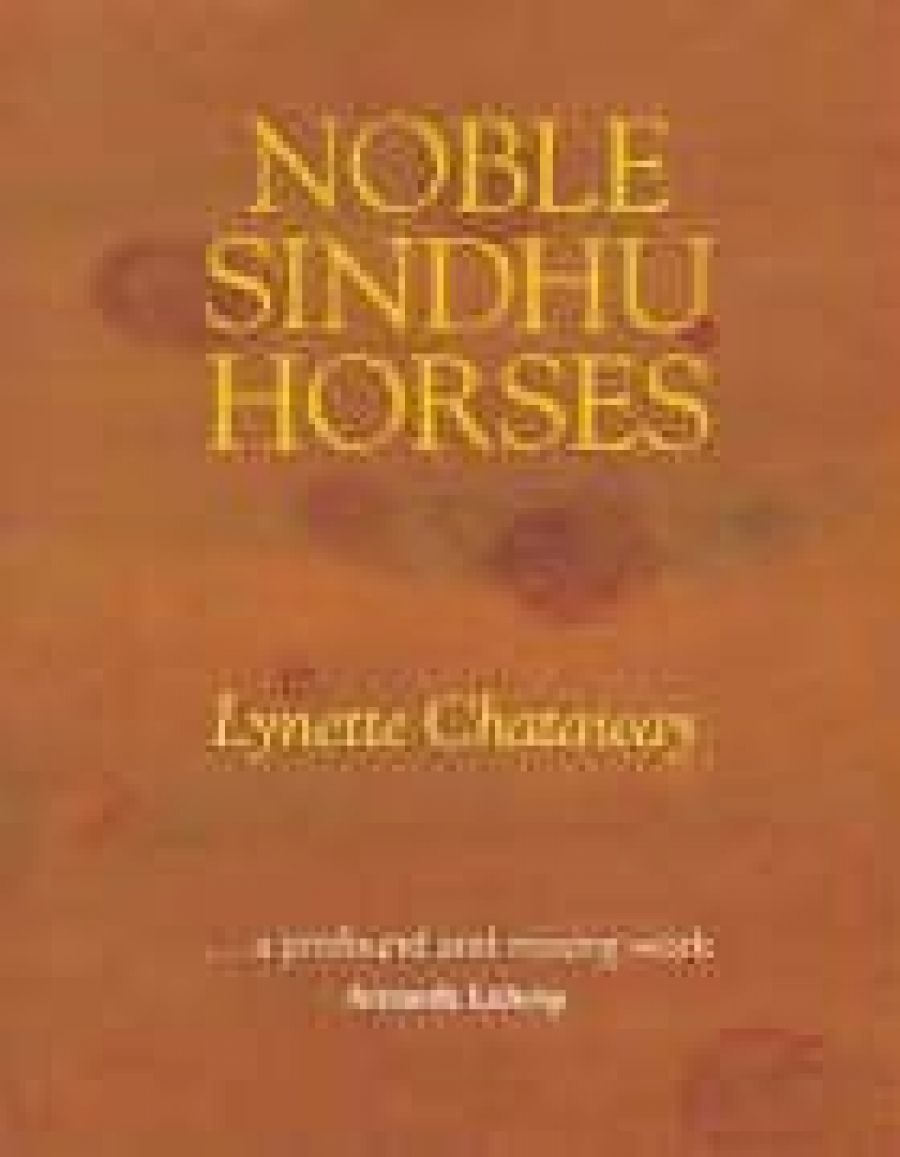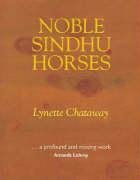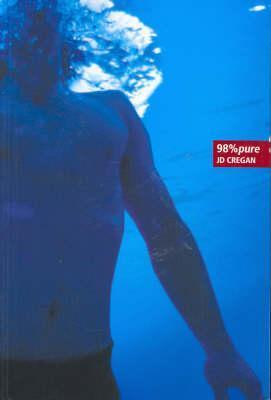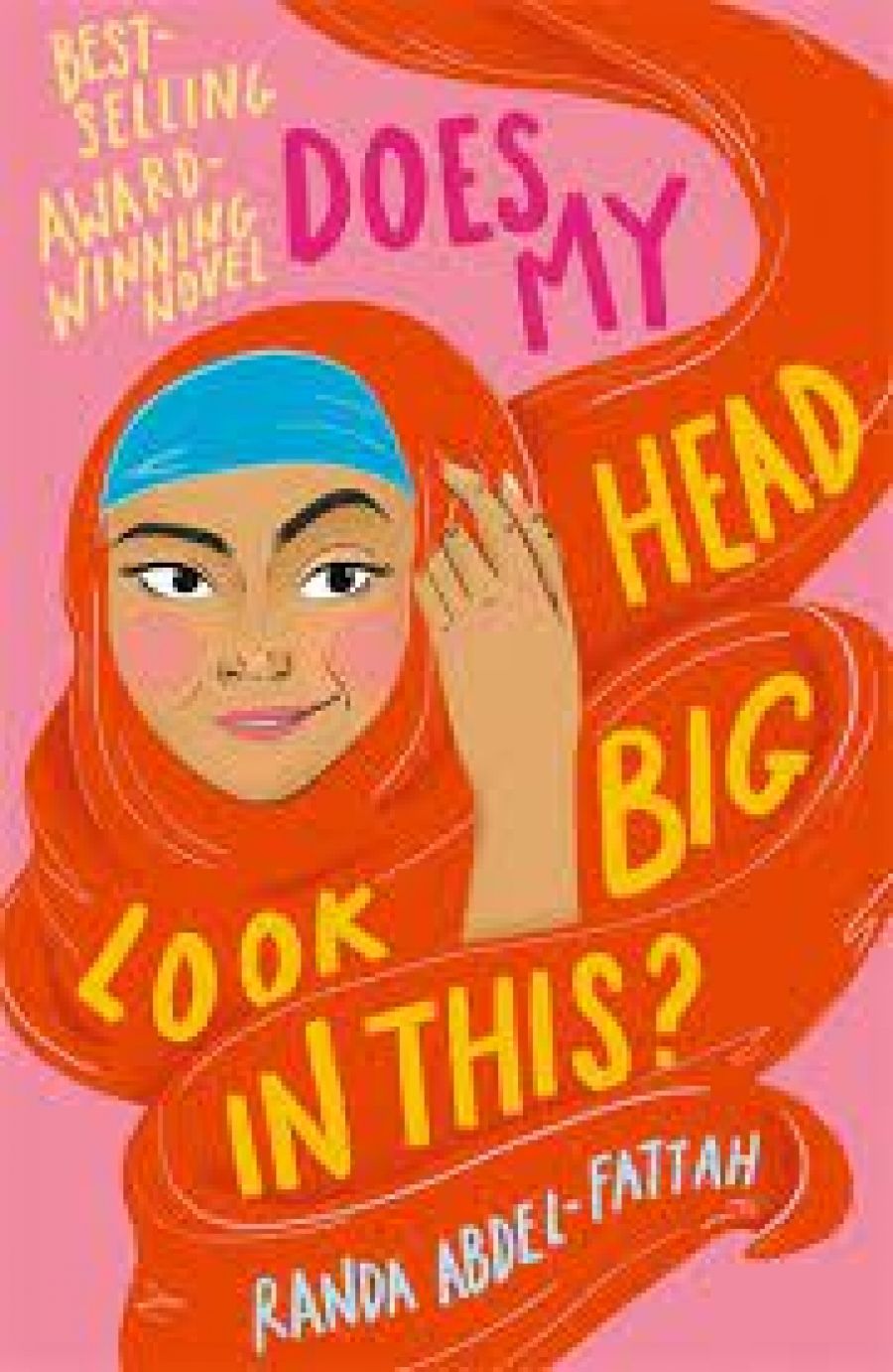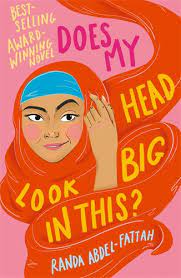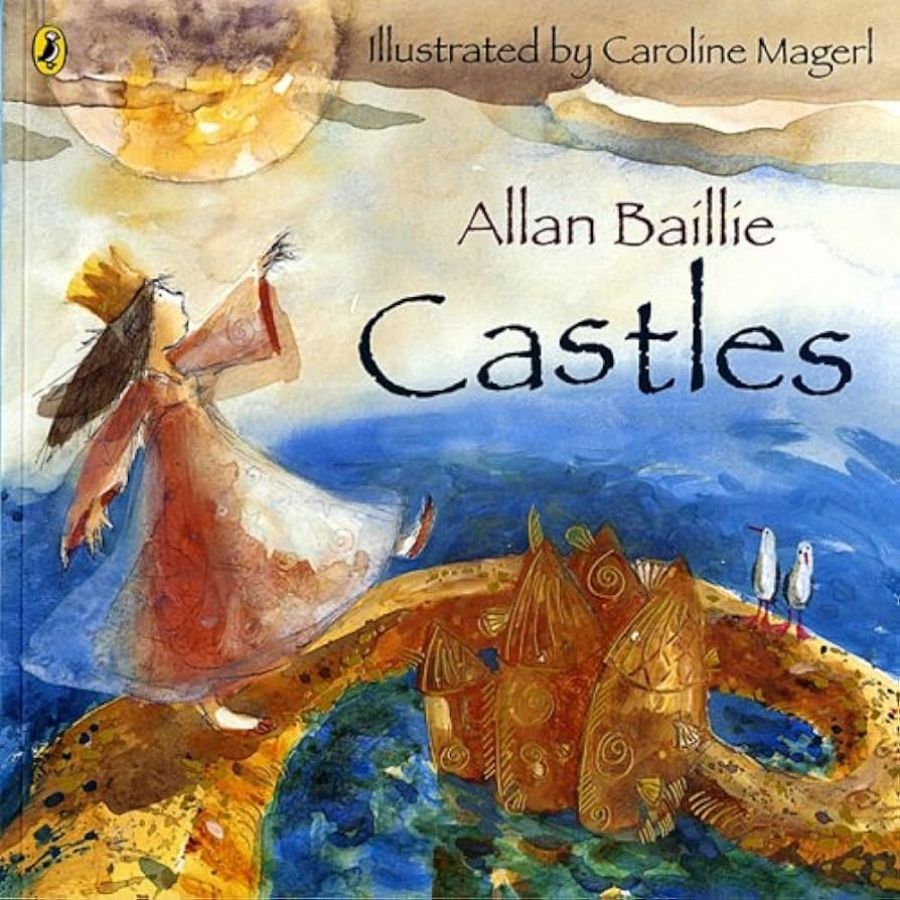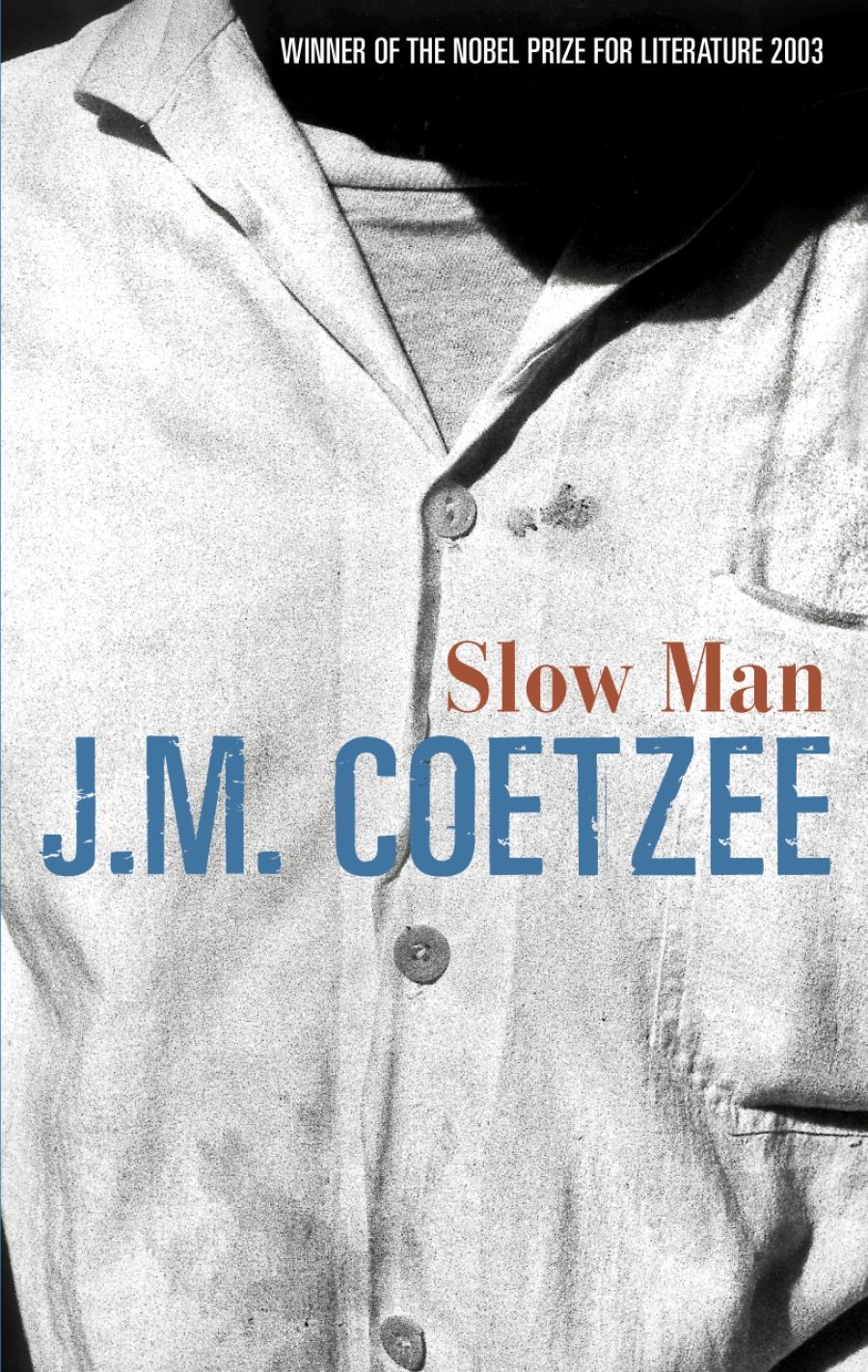
- Free Article: No
- Contents Category: Fiction
- Custom Article Title: James Ley reviews 'Slow Man' by J.M. Coetzee
- Review Article: Yes
- Online Only: No
- Custom Highlight Text:
Slow Man begins with an accident. Paul Rayment is cycling along an Adelaide street when he is struck by a car. When he emerges from a daze of doctors and painkillers, he discovers his life has been transformed by this random event. His crushed leg is amputated above the knee. From now on, he will ...
- Book 1 Title: Slow Man
- Book 1 Biblio: Knopf, $45 hb, 266 pp, 1741660688
Slow Man begins with an accident. Paul Rayment is cycling along an Adelaide street when he is struck by a car. When he emerges from a daze of doctors and painkillers, he discovers his life has been transformed by this random event. His crushed leg is amputated above the knee. From now on, he will require the attention of a full-time nurse to help with life’s most basic chores; his limited mobility will mean he is rarely able to venture forth from his small flat.
The first third of Slow Man takes the reader through the aftermath of the accident. It is a disciplined and quite masterful piece of psychological realism. Coetzee’s prose is, as always, a model of clarity and understatement; its rhythms are carefully measured but insistent. Paul struggles to be reconciled to his new, unwished-for existence. His bitterness and anger gradually give way to loneliness, which in turn begins to manifest itself in the form of an increasing infatuation with his carer, a sensible and efficient Croatian woman named Marijana.
Read more: James Ley reviews 'Slow Man' by J.M. Coetzee
Write comment (0 Comments)

